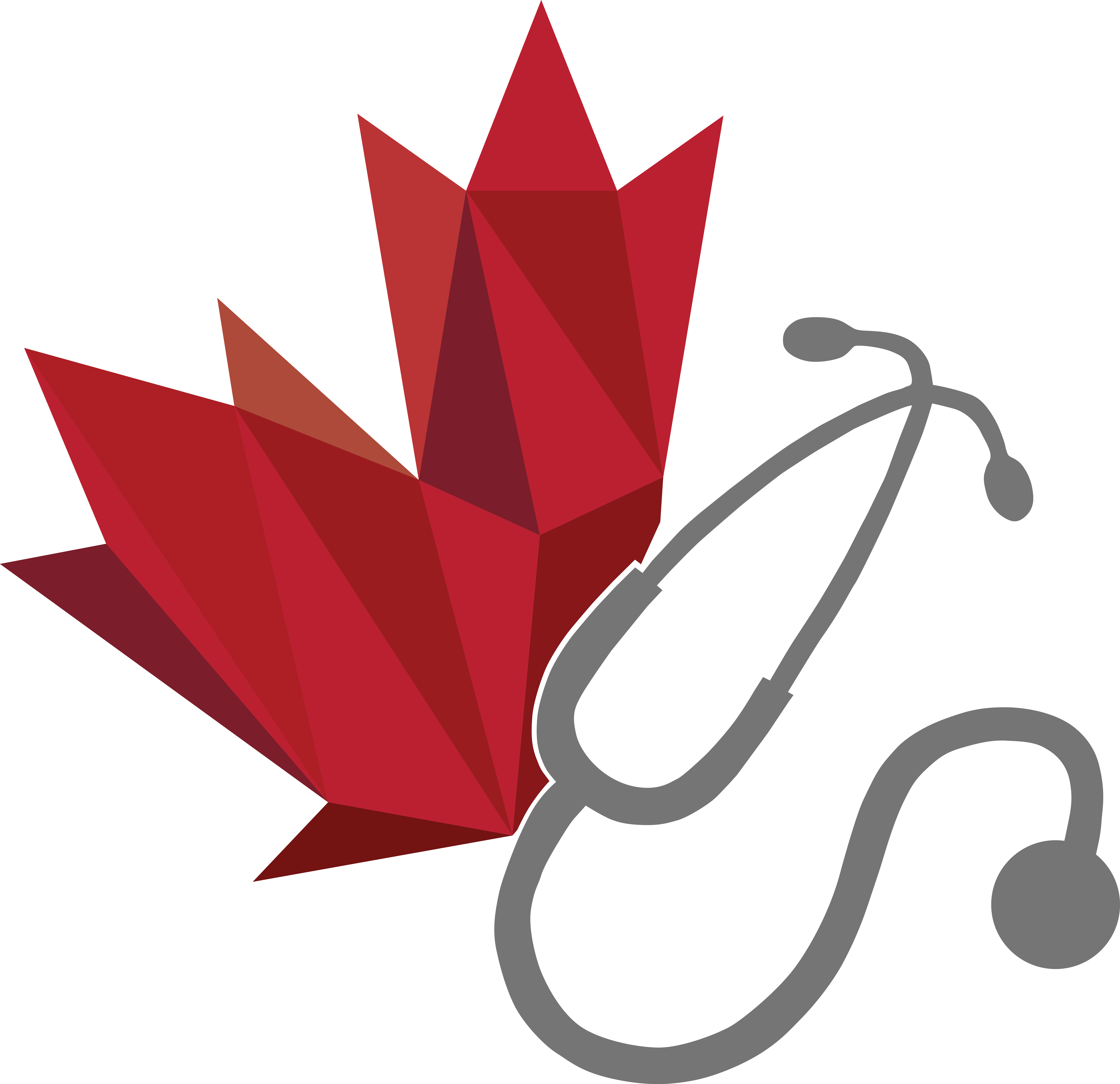2024-2025 Board Elections
Please Sign in to see the contents of this page.
CFMS By-Elections
Your candidates for 2024-2025 Board Elections
The Elections will take place on 18th of May 2024. please click on the link below to join 2024-2025 Board Elections.
President
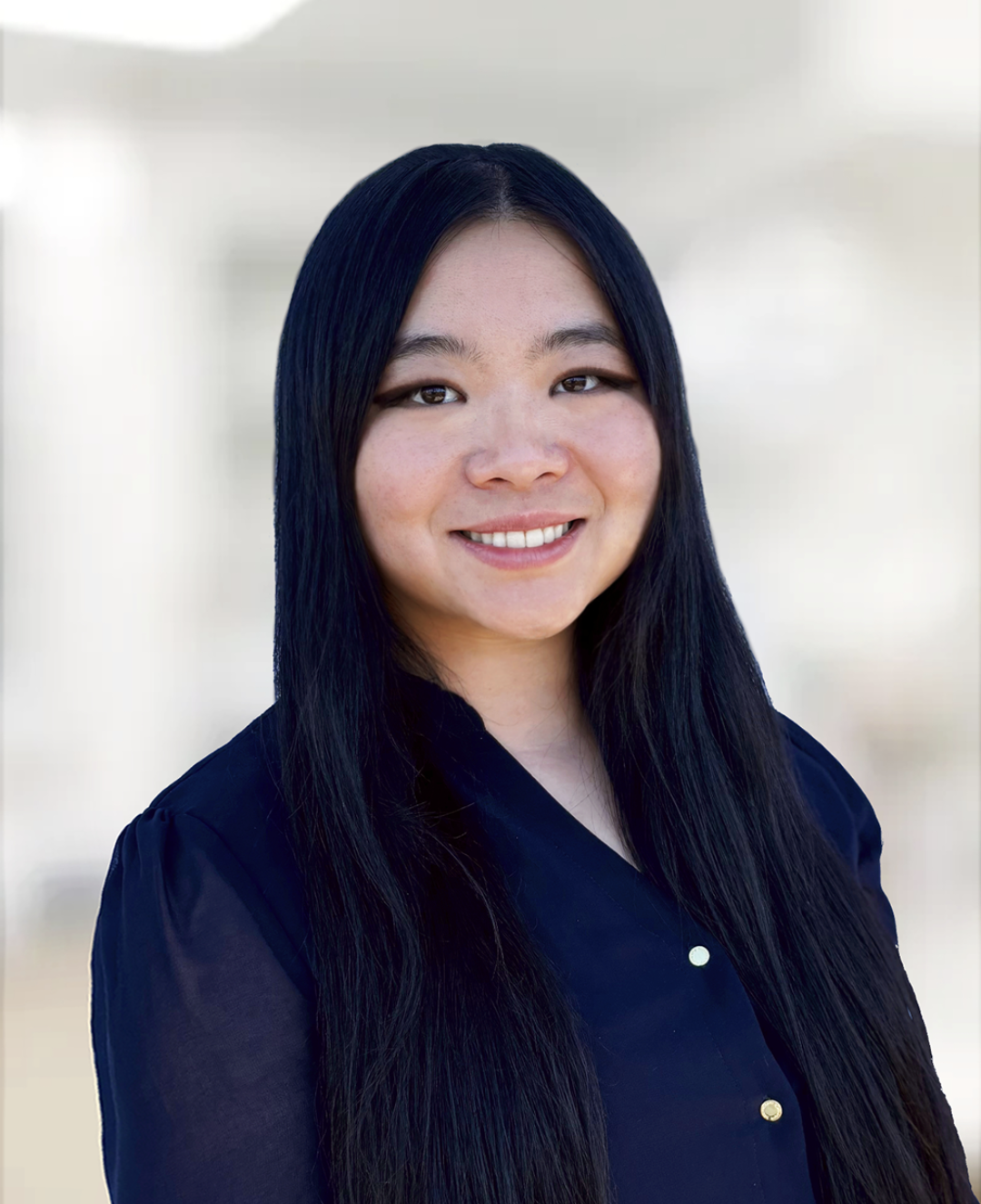
Introduction
Hi all! My name is Amy, and I am a third-year MD-PhD student at the University of British Columbia. Growing up in Vancouver, I have always valued diversity, inclusivity, and compassion. These principles have guided my journey through medical school and shaped my efforts to create a supportive and engaging community for all students.
Relevant Experience
Throughout my time at UBC, I have held pivotal roles, including as the Faculty of Medicine Student Representative in the UBC Senate and Vice President Social for the Medical Student Undergraduate Society. I also built communities as President of the UBC Med Hiking Club, mentorship group coordinator at the UBC Life Sciences Circle, and support group coordinator with the Oncology Interest Group. Additionally, I advocated for increased residency positions and improved healthcare services with the Medicine Day of Action Task Force. These experiences have equipped me with a deep understanding of the challenges facing medical students, and the ability to navigate and influence political and healthcare landscapes.
Unique Offerings
Through my roles in the UBC Senate and student government, I have gained extensive experience in leading large institutional changes. This has equipped me with the skills to navigate complex systems and drive meaningful reforms within the context of medical education and healthcare, advocating for policies that address the nuanced needs of our profession. Additionally, as I am currently in the PhD portion of my training, I have the unique advantage of flexible time to devote to the presidency, ensuring that I can fully engage with and support our community's needs.
Consultation Process
My leadership approach is rooted in active engagement and transparent communication. To ensure that our strategies and actions reflect the diverse voices within our community, I will establish bimonthly consultation sessions with the regional student representatives. Additionally, I plan to implement a feedback survey of the student body every spring and fall. Here, students will have the opportunity to voice their opinions about the CFMS, as well as their experiences with broader issues such as government policies and medical system challenges. This biannual feedback initiative will not only keep our leadership accountable but also ensure that we remain deeply connected to the real-time needs and concerns of our members.
Goals for the Position
As President, my goals are to:
1. Enhance Support for Medical Students: I am committed to significantly enhancing support for medical students by organizing resources that address both academic and mental health needs. This will include initiatives like mental health workshops, facilitating access to counseling services, and a monthly newsletter featuring student stories and experiences that highlight coping strategies and success stories. These efforts aim to foster resilience and well-being among our peers.
2. Foster a Connected Student Community: As President, I will lead CFMS to become an even more responsive and engaging organization. This involves actively soliciting student feedback through surveys and open forums, and organizing a mix of in-person and virtual events that build community, enhance engagement, and provide extensive support networks, ensuring every medical student feels supported and valued.
3. Promote Diversity and Inclusion in Medicine: I will spearhead the creation of a mentorship program tailored for underrepresented and minority students in medicine. This initiative will offer mentorship, application support, resource sharing, and networking opportunities. This will empower students by providing the tools and support needed to overcome barriers and succeed in the medical field.
Why Vote for Me?
Vote for me because I bring a unique blend of proven leadership and a profound commitment to strengthening the CFMS. My extensive experience in student governance has equipped me with the necessary skills to effectively lead and innovate, ensuring that all students receive robust support—especially in mental health and academic resources. I am dedicated to fostering a connected and inclusive community, actively engaging students in shaping our future through direct feedback and comprehensive events. A vote for me is a vote for proactive, inclusive leadership that will make a real difference in how CFMS supports and enhances the medical student experience.
Conclusion
I am committed to not just leading with integrity, but with action. I aim to make the CFMS a more connected, proactive, and supportive organization that champions the needs and aspirations of all Canadian medical students.
I’m Astha (she/her), and I am running to be your next CFMS President! First and foremost, I want to acknowledge that I am writing today from the University of Alberta, which is situated on Treaty 6 territory, the traditional lands of First Nations and Métis people.
I have been involved with CFMS since the past 2 years as the Director of Education (2023-2024) and as a member of the Governance Committee (2022-2023). These experiences have been invaluable, giving me a deep understanding of the organization and the needs of our medical student community.
My vision for CFMS is built on three pillars: equity, transparency, and strategic growth.
Championing Equity, Diversity, and Inclusion (EDI) Together
Building Strong Collaborations:
- Strengthen partnerships with medical student organizations (IMSAC, BMSA, CQMSA, OMSA, CAMSA, FMEQ) by creating dedicated CFMS collaboration spaces (like President’s RT), replicating Academic RT’s success this year (where I invited organizations for collaboration) to ensure broader student voices address CFMS’ gaps and advance EDI/Truth & Reconciliation.
- Strengthen ties with key partners by leveraging the existing relationships that I was able to build this year as the Director of Education with RDoC, CMA, CaRMS, AFMC, MCC, CFPC, MD Financial (and others) to advocate for learner needs (such as establishing better professionalism standards to ensure learner safety) by joint initiatives and resource sharing.
Embedding EDI in Every Action:
- Ensure the implementation of the Equity Audit recommendation following the first-ever CFMS equity audit by ensuring that the overseeing task force has resources to oversee its implementation effectively by creating a method to track progress within the organization.
- Integrate mandatory EDI training into board member onboarding to equip BOD with the knowledge and skills to embed EDI principles and fostering a culture of truth and reconciliation within CFMS.
Enhancing Transparency and Engagement
Prioritizing Feedback:
- Collaborative feedback system to strengthen the Board of Directors' (BOD) resource allocation and accountability to members, by gathering valuable insights from National Officers (NOs), roundtable members, and key stakeholders about BOD’s progress and performance.
- Regular surveys throughout the term with MedSocs & partners organizations to ensure all voices are heard to identify improvement areas for CFMS and specific support needs, which are often missed from my experience in the large virtual round tables.
Open Communication:
- Hosting town halls with member schools (in collaboration with MedSocs) during in-person board meetings, we can leverage our existing resources to directly engage with membership to foster communication and allow students to have their voices heard directly.
- Standardized CFMS introductions during O-week across all schools (considering scheduling differences) with collaboration with MedSocs to engage new members.
- Normalize informal communication (e.g., WhatsApp, Instagram, Facebook) to break down barriers and make CFMS more approachable – something I know is crucial from my experience within the organization.
- Monthly infographic updates from BOD on social media, newsletters, and the website to inform all of membership (not just student leaders) about board activities.
Enhancing Accessibility:
- Streamline recruitment by enhancing website functionality showcasing detailed portfolio breakdowns (including files), position descriptions and complete organizational chart – eliminating the clunky excel sheets for a seamless user experience because I know they are not fun to navigate!
- Enhanced engagement with the Francophone community by using bilingual communication across all platforms.
Strategic Planning and Structural Improvements
Optimizing the Organization:
- Complete the 5-year strategic plan in consultation with the primary stakeholders, addressing critical issues like the ongoing family medicine crisis while incorporating commitments to EDI initiatives and prioritizing work towards truth and reconciliation.
- Standardized organizational-wide templates for transition documents, board/portfolio updates, work plans, and summary documents to enhance efficiency – this is based on the successful implementation within the Education portfolio in the past year.
Investing in You:
- Empowering MedSocs, local leaders and membership through offering them leadership and skill-building initiatives (online resources for PDoA, webinars etc.) by developing collaborative projects.
- Enhance opportunities for networking among medical students, between medical students and physician leaders through online events, mentorship, etc.
- Work with partner organizations to expand the current financial benefit/discounts offered to medical students.
If elected president, I am committed to championing EDI, enhancing engagement, and optimizing our organization's structure. Together, let's build a more inclusive CFMS community that empowers every medical student.
Over the last two years, I have been involved in leadership positions within or in collaboration with CFMS. As CFMS president, I want to put YOU in the driver’s seat and ensure your voice is heard. Spending almost a year as VP External for the University of Ottawa, I want to implement reforms to inspire more buy-in from student representatives, prioritize local engagement, and to increase efficiency in CFMS’ operations. My vision is to promote the CFMS as an institution that produces tangible benefits to students while ensuring students feel heard and empowered. Some of my cool ideas are highlighted:
Streamlining Communication
The CFMS board cannot be said to represent all member medical schools even from a mathematical perspective: there are 15 medical schools and 12 board positions. Thus, we have resorted to representative politics backed by roundtables, particularly the representative roundtable (RRT). The current RRT structure is slightly flawed in that attendance is often underwhelming and there is a lack of currency. I propose an active group chat where the barrier between VP Externals can be reduced and they can have discussions on pertinent issues. This also allows regional directors to identify issues earlier and work with VP Externals to find solutions, rather than wait for up to 6 weeks. For equity, I also propose the roundtable times and dates shift (for example, morning vs evening) because some people have regular commitments at certain times and thus, would never be able to attend a meeting. I would also promote more engagement with medical society’s (MedSocs) at each school, such as by having CFMS members sit in on them so they can provide their perspective and see if there are issues within the scope of the CFMS.
Collaboration with Regional Associations
Many regional student medical associations, such as the Ontario Medical Students Association or Canadian Atlantic Medical Students’ Association, among others, do great advocacy work and might have more expertise on local asks. I want to strengthen those relationships by creating a group with the president, board members, and representatives from these associations to exchange ideas, work on united initiatives, and create a national strategy. It will also help expand our impact to schools such as the University of Saskatchewan, Manitoba, and Maritimes schools where the CFMS tends to have a smaller outreach.
Clarifying the Role of Associate President
A new initiative of the CFMS is the addition of the associate president. I think this is an excellent idea but the role in its current form leaves a few ambiguities. First, I want the associate president to take on a more public role, such as through social media and website engagement or even introductions to VP Externals. This would let students know about their responsibilities and how they tie into the CFMS’ operational structure. I want to provide the associate president with clear mandates, such as running working groups or specific initiatives, reporting on their work at general meetings and roundtables.
Optimizing the CFMS
Some students have remarked that CFMS operations could be improved. I want to promote a culture of efficient simplicity based on what works for stakeholders. For instance, VP Externals generally want to have timely minutes after a meeting and would appreciate expediting it so they have more time to review and approve it next meeting. Furthermore, the website needs to be updated, it is slightly embarrassing that some information has not been relevant for years but remains in what could be a student’s first point of contact with the CFMS. I would also encourage team leads to review aspects of their portfolios, including fixing typos, or identifying redundancy in their work.
Reviewing Advocacy Priorities
Perhaps one of the greatest levers of the CFMS is in their government affairs portfolio, I want to emphasize advocacy positions in the CFMS that align with government priorities. I intend to work with stakeholders on streamlining these asks and find common ground with politicians and other key decision makers.
Creating a Tangible Strategic Plan
The CFMS is working on a strategic plan. I want to hold consultations with all medical schools to identify key priorities, and include tangible markers and check boxes to indicate the progress made and to improve accountability.
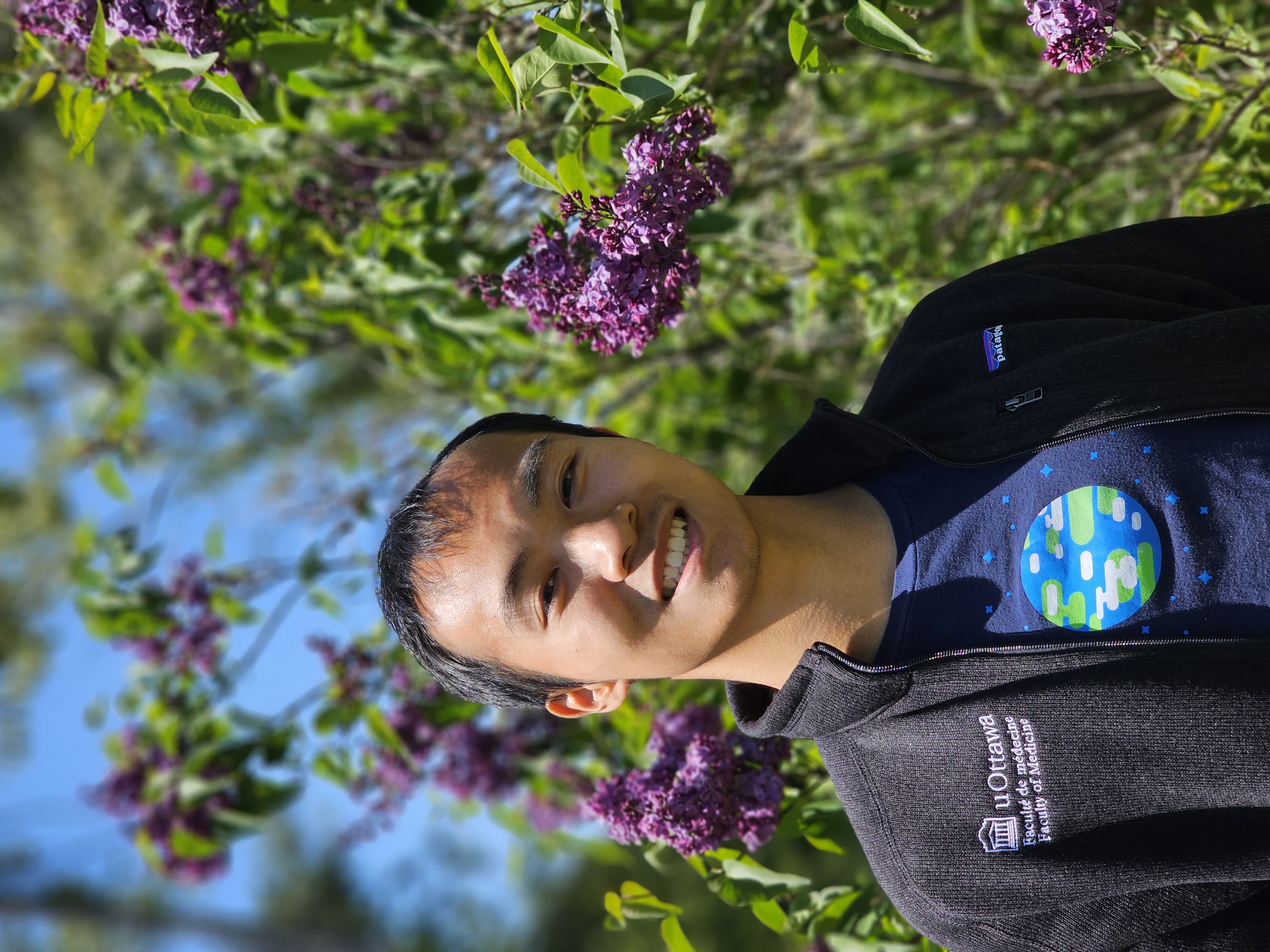
Uniting Hearts and Minds: Bridging the CFMS-Student Gap
My journey into medicine has been shaped by diverse experiences including frontline nursing during the pandemic, international debate championships, and leadership roles within national student organizations. These experiences have instilled in me core values of compassion, integrity, and equity which I believe are essential for effective leadership within CFMS.
My tenure as Vice President of the Canadian Nursing Students Association (CNSA) was one filled with difficult conversations advocating for student needs. I answered to the Chief Nursing Officer (Dr. Leigh Chapman) about issues with nursing student retention creating workforce shortages, worked to incorporate EDI accountability measures in nursing curriculum while serving on the board of CASN, and advocated for paid practicums to the president of the CNA. National student advocacy is a complex landscape involving consultation and negotiation with many stakeholders. I hope to translate these skills to my role in advocating for medical students.
Platform Rooted in Consultation
I have consulted peers, MedSoc student leaders, and Helen regarding what they would like to see being done by CFMS and developed the following platform pillars.
Medical Student Perspective
Hearing from my peers in medical school, CFMS seems to be a distant, large, and mysterious organization. Students want to know what truly happens at CFMS and become active participants by:
- Connecting with medical students across Canada
- Being supported in their own initiatives
- Having a clear picture of what the board and the organization are doing
Enhancing Student Engagement and Transparency
- Increase student attendance at CFMS General Meetings by providing 5 more additional travel funding opportunities.
- Make CFMS general meeting attendance free for students at the hosting institution.
- Provide formal support letters for schools to grant students absence to attend CFMS meetings and events.
Transparency, Authenticity, and Outreach
- As the president, personally deliver CFMS presentations at 5 schools focusing on schools which have historically been underserved.
- Utilize social media platforms like Instagram to provide regular updates and "a day in the life" insights into CFMS operations.
- Introduce school-specific funding grants to encourage outreach and engagement with CFMS initiatives.
MedSoc Leadership Perspective
Speaking with VP Externals, there seems to be confusion as to the impact and role they have on CFMS during regional round table discussions.
Clarifying Roles and Enhancing Collaboration
- One-on-One Meetings: Utilize tools like Calendly to open up free online scheduling for one-on-one meetings with any medical student. This will provide an accessible platform for students to voice their concerns, share ideas, and engage directly with CFMS leadership.
- Group Chats for Collaboration: Establish group chats with VP Externals and MedSoc Presidents to share key advocacy meetings, maintain accountability, and build community.
- Clarify Roles and Responsibilities: Provide clear operational deliverables and scope of influence for the VP External role.
CFMS President Perspective
Speaking with Helen, the CFMS has been steering the ship on many pertinent issues, collaborating with many organizations and are in need of a new 5-year plan to reflect the vision and beliefs of our new generation of medical students.
Strategic Planning and Advocacy
- By December 2024, finalize a comprehensive 5-year strategic plan integrating feedback from members and undergoing external review for robustness and alignment.
- Utilize general member feedback surveys, consultations with National Officers, and collaboration with individual portfolio directors to inform and develop strategic plans tailored to specific CFMS initiatives and goals.
Advocacy Against Extension of Family Medicine Residency
- Conduct targeted member surveys and consultations to gather nuanced insights on the extension of family medicine residency.
- Compile compelling evidence and facilitate consultations to construct well-informed arguments against the extension, fostering meaningful dialogue and engagement among medical school students to strengthen advocacy efforts.
Developing CFMS Members
To allow medical students in CFMS the most experience to support their career and personal development, there needs to be sharing of resources and opportunities.
Empowering CFMS Board and Team Members
- Facilitate opportunities for CFMS Team members to attend meetings with national stakeholders, supporting their career and personal development.
- Increase portfolio funding by 10% to support innovative initiatives and projects that benefit medical students.
Hello everyone! I am writing to you from Mohkinstsis, home to the Indigenous Peoples of Treaty 7 and Métis Nation of Alberta, Districts 5 and 6, which we often call Calgary. I am thrilled to be running for CFMS President! I had the pleasure of serving as Executive VP and WRD last term where I gained a deeper understanding of CFMS operations, communications, governance, and advocacy priorities across all portfolios and regions. I am someone who values relationship-building, empowering my team and their ideas, grassroots and community-informed advocacy, and student wellness, values I guarantee to bring into the President’s role!
2024–2025 will be an important year for CFMS! We can continue building on the incredible achievement of our Board and prioritize the development of our 5-year Strategic Plan. I genuinely and ambitiously believe in the influence CFMS can have on medical education, school culture, learning environments, and our medical school system… all currently in need of diverse and sensible learner input. I also believe that CFMS can BE more and DO more to connect, support, represent, and empower learners. It would be my honor to carry this vision, mission, and ambition forward!
I appreciate the ideas we’ve received about how CFMS can improve transparency, accountability, accessibility, and inclusivity, and on how we can better support students, MedSocs, and local advocacy and initiatives. If elected President, my goal will be to work alongside the CFMS Board to encourage innovation within the following “Top 10” areas:
1) Medical Education
- Support the Education Portfolio in AFMC, CaRMS, CMA, and UGME/PGME
- Streamline CFMS “MedEd” advocacy recommendations.
2) Student Wellness
- Collaborate with AFMC’s Student Affairs Deans Committee to develop learner-informed wellness best practices.
- Coordinate longitudinal advocacy efforts with other student organizations.
- Represent the medical student voice in the National Plan for Health Workforce Well-Being
3) Strategic Planning
- Recruit a strategic planning advisor and task force to support SP.
4) Good Governance and EDI
- Implement Governance Committee Recommendations from the 2023-2024 review of the CFMS Comms Portfolio.
- Ensure ToRs/governing documents are up-to-date and commit to organizing our CFMS governance library.
- Standardize CFMS transition, onboarding, and recruitment by creating process documents/templates.
- Optimize information flow between CFMS Executive and external representatives (currently decentralized).
- Support the CFMS Board through the implementation of a decentralized Equity, Diversity, Inclusion, and Anti-Racism governance model to improve CFMS commitment and accountability to advancing EDIA.
- Establish EDIA training for the CFMS BOD.
- Work with CFMS Staff to identify areas of improvement in operations and communications.
5) CFMS Transparency
- Implement President’s Updates/Letters showcasing CFMS day-to-day, advocacy, and initiatives and/or encourage Board Updates within the CFMS newsletter.
- Work with the BOD to further promote organizational transparency.
6) CFMS Accessibility
- Collaborate with RDs to improve virtual and in-person meeting accessibility for students across Canada.
- Work with the CFMS BOD and Partners to enhance financial supports for students including conference travel and discounts (e.g., U-World/AMBOSS).
7) Partnership and Relationship-Building
- First 120-days: meet with fellow student organizations to identify common goals and avenues for collaboration.
- First 150-days: coordinate with MedSocs to plan for CFMS President Tours to support local advocacy and engagement.
- First 150-days: meet with VP Finance/Exec Director to identify opportunities to expand CFMS discounts/financial aid.
8) Improving Bilingualism and Bilingual Representation
- Collaborate with the Comms Portfolio to ensure more timely translation of CFMS media.
- Support the onboarding of our FR-National Officer of Communications
- Strengthen collaboration with FMEQ/FMRQ to enhance opportunities for Francophone students to participate in French and/or Quebecois-centered events.
9) Improving CFMS Roundtables
- Encourage “project-focused” roundtables to improve knowledge sharing and national initiative:
- E.g., PRT – could focus on developing an accreditation “playbook” for MedSocs/Presidents.
- E.g., RRT – could be more intimately involved with CFMS strategic planning.
10) Improving ‘value-add’ for students
- Collaborate with the CFMS BOD to improve incentives for student volunteers.
- Work to expand CFMS Award opportunities to recognize student leadership and community impact.
Thank you for taking the time to read my platform! I am confident in my experience and leadership to adequately take on the role of CFMS President, and vow to hold myself accountable to the above platform! Please reach out if you have any questions. See you on May 18th!
Sincerely,
Sam Alatorre
Vice President Finance
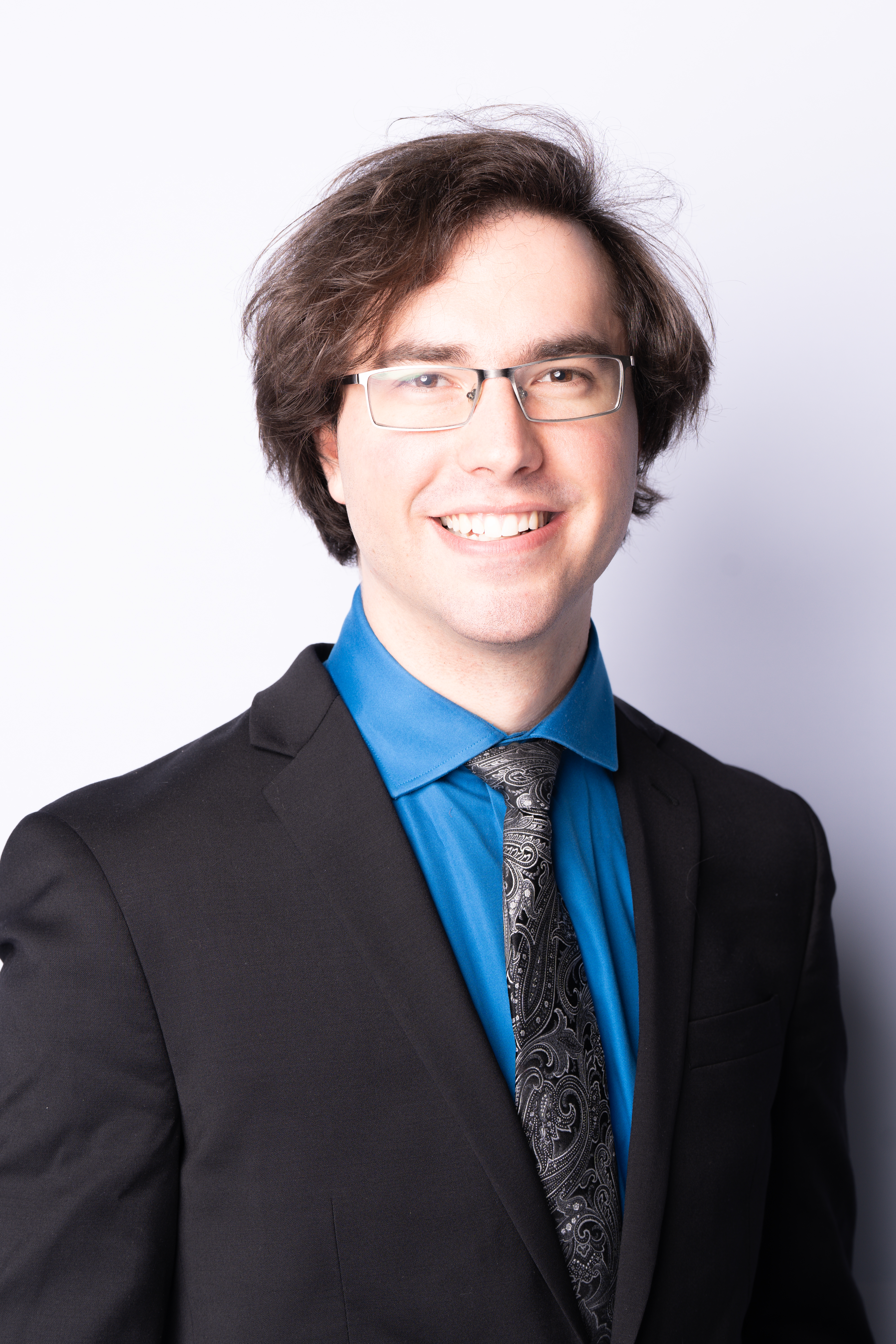
Dear CFMS members,
My name’s Quentin, and I’m a second-year medical student at UBC. I’ve had a keen interest in finance since my undergraduate studies as VP Finance of 3 clubs and my student society. Currently, I’m transitioning out of VP Finance Sr. at UBC, a 2-year position on UBC’s Medical Undergraduate Society (MUS). The VP Finance role of MUS has been my central extracurricular, involving overseeing the budget, reimbursements, and bookkeeping. Most importantly, I liaise between the larger UBC Student Society which MUS banks through, and our 120+ student clubs and events, ensuring effective communication. I enacted change, working with the President for a projected spend-down of our savings. In addition, I was VP Finance of UBC’s MedBall, our yearly formal. I coordinated the fiscal responsibilities of one of our largest events, inviting all 3 distributed sites and supporting them and the event through a multitude of external sponsorships. This also involved communication, which I find so prevalent in Finance. In preparation for applying for the CFMS VP Finance role, I also joined the CFMS Finance, Audit and Human Resources Committee this past year, where I learned more about the CFMS bylaws.
Platform Highlights:
- Sponsorships and Discounts: There’s a need for an organized system to engage with external parties for sponsorships. This will ensure that students are provided with the best sponsorships/discounts and support the National Officer of Services who oversees sponsorships.
- CMA-Scotiabank-MD Financial-CFMS Sponsorship: The Affinity Fund, a contract between the CFMS and the CMA, Scotiabank, and MD Financial, is an important task carried over from the previous year. I want to work on spending remaining previous funds and then negotiating a long-term contract with these 3 parties to benefit the CFMS and its members.
- CMSC Sustainability: The new conference for all medical students, the CMSC, was a great success this year, and it’s crucial that this event can be fiscally sustained. Through sponsorship deals with CMSC-specific negotiations, I want to ensure a stable, sustainable, and successful backing of this event.
- Growth and Improvements:
- Engaging Medical Students: It’s essential to engage medical students in what sort of discounts they want and where CFMS’s budget should be allocated. Firsthand input on these financial topics will be gathered by surveying the medical societies and their students.
- Reimbursements: Reimbursements are currently not available via E-transfer, and paper receipts must be received for audit purposes, making the process extremely slow. I’ll inquire into this process to see if there are any improvements that can be made to expedite reimbursements.
Thank you for taking the time to read through my platform, I look forward to the opportunity to execute these changes!
Best,
Quentin
Director of Education
I’m Astha (she/her), and I am running to be your Director of Education again!
First and foremost, I want to acknowledge that I am writing today from the University of Alberta, which is situated on Treaty 6 territory, the traditional lands of First Nations and Métis people.
I have been involved with CFMS since the past 2 years as the Director of Education (2023-2024) and as a member of the Governance Committee (2022-2023). I want to thank you all for trusting me to be your Director of Education this past year – it has been a truly enriching experience.
My vision for the Education Portfolio is based on 3 pillars – collaboration, inclusivity and enhancing supports.
Collaboration and Accountability
- Student-Centered Approach: Regular roundtables and surveys conducted in collaboration with medical school organizations (IMSAC, BMSA, CQMSA, OMSA, CAMSA, FMEQ) and the VP Academics will ensure advocacy efforts align with student priorities.
- AFMC Electives Portal Advocacy: Continued efforts will be made to promote transparency and a balanced approach to the capacity-based model, recognizing its potential impact on medical education across Canada.
- Transparent Communication: Monthly infographic updates on portfolio activities and progress will be provided by National Officers (NOs) and shared on social media platforms and with the VP Academics, fostering transparency and accountability.
- Governance Review of the Education Portfolio: Conduct a thorough review of the Terms of Reference (TORs) for the newly established task forces, implemented as part of the Education Portfolio's recent revamp to ensure clarity and effectiveness in the governance structure.
Inclusivity and Cultural Competence
- Advancing EDI: Equity Audit recommendations will be implemented to create a truly inclusive environment and support truth and reconciliation efforts. A dedicated task force will be established to track progress within the portfolio.
- Supporting Diverse Learners: Standardized adoption of OR sterilization procedures for individuals with head coverings will be advocated for across medical schools. Curriculum recommendations and guidelines promoting cultural sensitivity will be developed.
- Promoting Learner Voices: Policy papers on professionalism within a global context will be established, ensuring a safe environment for medical students to speak up about important issues.
Strengthening Resources and Support
- Empowering Your Success: Easy-to-access OSCE preparation guides and video series will be created and promoted to support students throughout their educational journey.
- Enhanced Education Website: The Education website will be revamped for user-friendliness. Resources will be organized by task force and project, ensuring easy access.
- Expanding the Interview and Electives Database: Encouraging active participation from students to contribute to the newly updated database post-pandemic to empower them with comprehensive information, enabling them to make well-informed decisions regarding their visiting electives.
Together, let's make the Education portfol
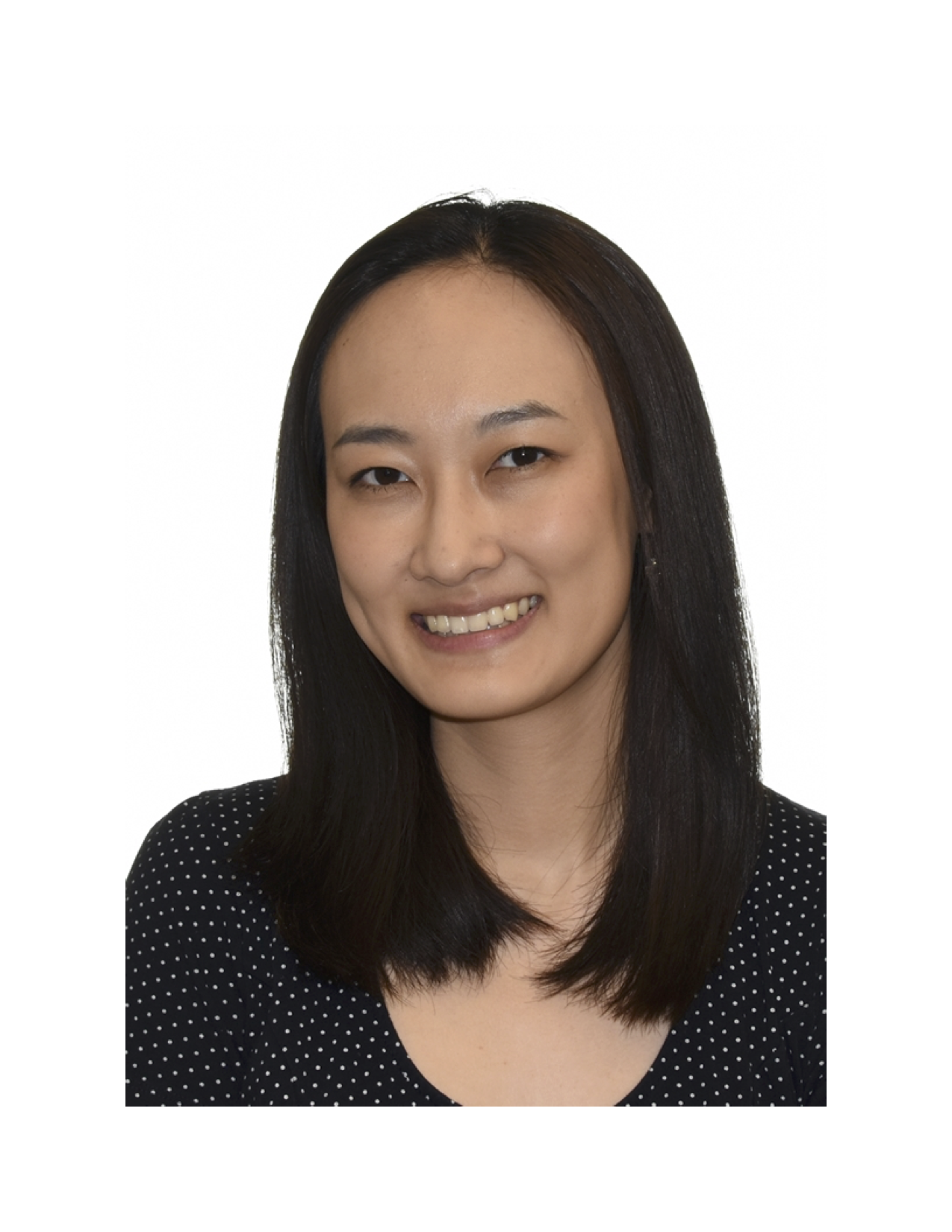
Hey there!
I’m Cindy, and I’m excited to run for Director of Education. My goal is simple: to make sure that your medical education is top-notch and sets you up for success in the real world of clinical practice.
Let's face it, textbook knowledge is important, but it's not everything. That's why I'll advocate for a curriculum that prepares you well for real clinical scenarios. From hands-on experience to simulated patient interactions, I'll work to ensure that your education is as practical and relevant as possible.
Building skills beyond the books
Being a great doctor isn't just about knowing your stuff, it's also about knowing how to work with others, advocate for your patients, and navigate complex healthcare systems. Drawing from my experience as a teaching assistant for five courses at the University of Toronto and as a peer tutor for various courses at McMaster health sciences, I'll bring a deep understanding of what makes education effective and will be your advocate and voice on the board.
Fostering collaboration and advocacy
I believe that collaboration and advocacy are essential skills for every future healthcare professional. That's why I'll work to create opportunities for you to collaborate with your peers, learn how to advocate for your patients, and engage with the broader healthcare community.
Tailoring solutions to your needs
Every medical school is unique, with its own set of challenges and opportunities. I'll be your liaison between the board and medical society representatives and presidents, making sure that your school's specific needs are heard and addressed.
Empowering student-led initiatives
Your ideas and initiatives matter, whether it's advocating for better mental health support or pushing for more hands-on clinical experience, I'll support you every step of the way in your efforts to drive positive change within medical education.
Together, let's make sure that your medical education is not just effective, but also inspiring and fun!
Warm regards,
Cindy Zhang
Dear CFMS members,
My name is Henry and I am a first year MD/MSc student at the University of Alberta who is deeply passionate about advocacy and student wellbeing. As someone who’s served on various task forces to enhance students’ learning experience on campus in addition to mentoring elementary and post-secondary students for over a decade, I believe I have developed the tenacity, leadership, and time-management skills to pursue this role. If elected to this role, I promise to champion our diverse community of learners, advocating for their needs at local and national levels, and fostering collaboration and innovation in medical education. Here are the key points of my platform:
Improving resources and support services for students
- Work with UME to create a better reporting process for student mistreatment & ensuring adequate follow-ups are made.
- Work with AFMC to lower portal fees, standardize elective fees, provide timely responses regarding elective registrations, in addition to increasing transparency on electives capacity.
- Work with UME to develop a formal policy for learning/testing accommodations for students with religious obligations, i.e., those fasting during Ramadan, as well as developing an OR sterilization protocol for individuals with head coverings.
- Collaborate with CMA, provincial governments, and external partners to create a conference fund for medical students to present their research.
- Increase recruitment efforts/resources for the “Unmatched graduate mentorship program” and the “CMA Interview Prep Program.”
- Provide timely updates on the “interview database,” “electives database,” and “research database.”
- Increase user-friendliness and accessibility for resources on CFMS website.
Increasing engagement and collaboration amongst Canadian medical institutions and external partners
- Host more academic roundtables amongst MSA executives and CFMS Education Portfolio Leads to allow for relevant and timely concerns to be discussed & use these discussion points to guide advocacy efforts.
- Continue existing collaborative efforts with provincial and national medical organizations to promote the interests of Canadian medical students.
- Collaborate with other international medical student organizations to increase clinical exchanges/research opportunities to promote innovation in medical education and cross-cultural learning.
- Collaborate with external organizations for discounts on educational resources.
- Increase outreach efforts to enhance students’ awareness about CFMS.
Promoting a culture of inclusivity, accessibility, and accountability
- Create an anonymized Google Form for students to report any concerns/feedback about their current medical education.
- Advocate for policies to increase diversity and equity in medical school admissions and residency matching processes & ensuring those promises are kept.
- Increase educational and training opportunities in LGBTQ+ health & incorporate Indigenous knowledge into medical education.
Your support is invaluable in this journey towards a brighter future for medical education in Canada! Thank you for considering me for this position.
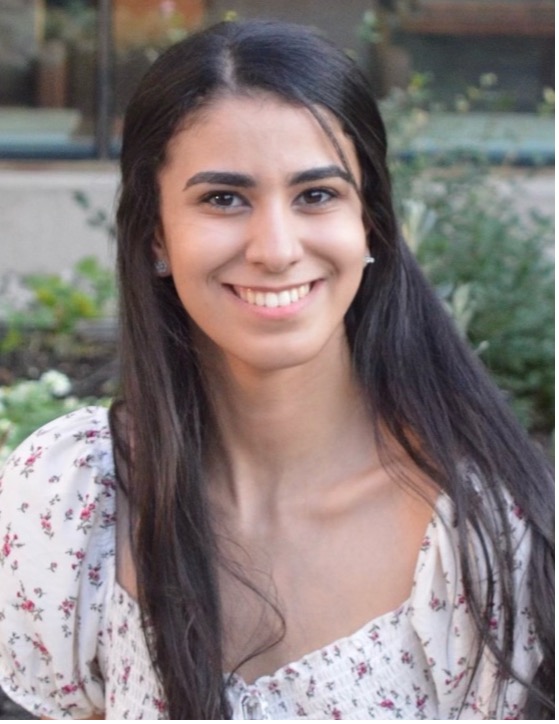
PLATFORM POINT 1: Awareness & Accessibility
After speaking with numerous students across several different institutions, I noticed that there was a huge lack of awareness for all the amazing resources that the CFMS has to offer. For this reason, one of my main priorities would be to increase awareness by utilizing social media platforms, like a dedicated CFMS Medical Education Portfolio on Twitter and Instagram, to ensure the resources reach the students. In addition, I intend to establish connections with class council or education representatives from all Canadian medical schools to ensure resources are effectively disseminated to their student bodies through a listserv email and opportunity pages. My overall goal is for students to easily access these resources and that begins with knowing what is out there and where to look for it.
PLATFORM POINT 2: New Resources & Resource Improvement
1. Pre-Clerkship Students: Peer-to-Peer Teaching Exchange Program
The CFMS education portfolio has numerous different peer mentorship programs, including the Match Peer Mentorship Program (for final year class) and Peer Mentorship Sessions, but I noticed there isn’t a peer-to-peer program. Therefore, I propose a peer-to-peer teaching exchange program where medical students from different institutions are paired to share study strategies, become study partners, and to share educational resources – it offers an accountability comrade, revision partner, as well as an opportunity to benefit from the resources of other institutions.
2. Clerkship & Elective Students: “How-To-Guide to Thrive in Clerkship and on Electives”
This guide will breakdown strategies for standing out on your clinical rotations, insider insights on how to impress on rotation, and how to navigate the unique challenges – all broken down by specialty. It will also answer the fundamental questions that we often feel too shy to ask like: “What is a consult?”, “How does a day on the wards work?”, “What do I wear?”, etc.
WHY SHOULD YOU PICK ME?
The Director of Education needs to have strong communication and interpersonal skills, work ethic and be very dependable and organized. As one of only five Medical School Orientation Week Coordinators for the class of 2026, I exemplified strong leadership and communication skills as I organized a team of over 85 students in over 15 different multi-part events. It also required a great degree of organization and strong work ethic as I worked with the 5 major Canadian banks and dozens of small businesses to raise over $75,000 in sponsorship money to support the week’s events, while organizing the stethoscope ceremony which hosted 1500+ students, family, and faculty members. Moreover, during my undergraduate years, I was the Vice-President Academic for the Biochemistry and Biomedical Society at McMaster. Here, I advocated for change in medical education at a program and faculty level through regular communication via curriculum meetings and routine student outreach. Overall, I believe that my skills are transferable to being the Director of Education for CFMS and I would be very grateful to be able to do work that I am so passionate about.
After speaking with numerous students across several different institutions, I noticed that there was a huge lack of awareness for all the amazing resources that the CFMS has to offer. For this reason, one of my main priorities would be to increase awareness by utilizing social media platforms, like a dedicated CFMS Medical Education Portfolio on Twitter and Instagram, to ensure the resources reach the students. In addition, I intend to establish connections with class council or education representatives from all Canadian medical schools to ensure resources are effectively disseminated to their student bodies through a listserv email and opportunity pages. My overall goal is for students to easily access these resources and that begins with knowing what is out there and where to look for it.
Hi everyone, I am Winnie and am excited to run as your CFMS Director of Education (Dir Ed). As Canadian medical students, you and I both know that education is foundational to our careers. So, whether you are starting off your medical career or preparing for your CaRMS applications, as Dir Ed, I am here to support and connect you with the resources you need to meet your educational goals.
This year, my goal is to strengthen the pillars of the education portfolio and redefine the way CFMS collaborates with our member schools to best support students across the country. Leveraging my experiences in medical education, peer mentorship, and learner advocacy, it is my pleasure to present my platform for the Education Portfolio this year:
1. Mentorship and Resources
a. Mentorship
- Partnership with national residency organization to hold virtual mock residency interviews supported by residents of various subspecialties
- Early student engagement with CFMS and awareness of the diverse education resources available
- Peer mentorship support at all stages of medical school from pre-clerkship to clerkship
- Match Day Support – Strengthen CFMS’s Unmatched Peer Mentorship Network and support services by gathering direct feedback from students to guide improvement implementation for next iteration
b. Educational resources
- Financial literacy – collaborate with external partners to provide best up-to-date online resources and modules on the hidden costs of medical school and budgeting in medical school and residency
- Increase partnership and secure funding for relevant medical guides and resources useful for clinical skills, clerkship and residency
c. Research
- Grants, scholarship and awards database – increase awareness and transparency with deadlines, requirements and $ amount
- Introduce grant and/or scholarship to support student initiatives in promoting equity, diversity and inclusion in medical education
2. Learner Advocacy and Evaluation
- Needs assessment and feedback from medical students – guide direction of curriculum and faculty development programs to ensure updates reflect today’s medical students
- VP Education and Academic 1:1 Check-ins – set annual school-specific goals with each VP Education/Academic
- Continue the ongoing efforts of cultural competency in our medical curriculum in collaboration with Government Affairs and Advocacy
Director of Student Affairs
Hello everyone! My name is Meera (she/her) and I’m excited to be running to be your next Director of Student Affairs. Student wellness and engagement are crucial to cultivate a thriving and inclusive medical community, where each student can reach their full potential. The CFMS is in a unique position to actively engage with medical students all throughout their educational journeys, to foster a culture of wellbeing first. As we move forward, my goal for the upcoming year is to cultivate a community of resilience, support, and personal growth through our initiatives. Building upon the remarkable work of the Student Affairs committee, I hope to leverage my previous experiences serving within the CFMS’s monthly newsletter and bilingualism teams to engage students nation-wide within our initiatives.
Using my previous experiences in communications, outreach, and inclusivity, I hope to accomplish the following goals:
1. Increase student engagement:
- Collaborate with the Communications committee to leverage social media campaigns to promote our initiatives within all medical schools.
- Engage with wellness-focused clubs and medical societies in individual schools to promote grassroots engagement with our initiatives.
2. Build longitudinal partnerships for career-long wellness:
- Further develop partnerships with medical learner organizations, such as FMEQ, FMRQ, RDoC, and the CMA.
- Develop collaborative wellness initiatives, such as webinars/podcast episodes, workshops, and resource hubs.
- Encourage the development of position papers and literature related to learner wellness, established in collaboration with students and residents.
- Advocating for continued funding from the CMA to further our existing medical school peer mentorship programs.
3. Foster inclusivity and equity:
- Strengthen partnership with organizations such as the CQMSA, BMSAC, IMSAC, and CALMS.
- Build upon the national wellness survey to ensure a focus on gathering insights into the wellness priorities and needs specific to individuals belonging to marginalized communities in medicine.
- Develop collaborative initiatives focused on the intersection of wellness and inclusivity to foster supportive and equitable communities (e.g., continuing with collaborative Safe Spaces meetings and creating resource hubs).
4. Enhance student support systems:
- Gather feedback on mistreatment reporting systems across schools.
- Address and raise awareness areas of need (e.g., maintenance of anonymity) through initiatives, policy proposals, and seminars.
- Engage in dialogue with national medical organizations and faculties to advocate for learner mistreatment awareness and prevention.
My goal is to use the power of collaboration to foster inclusive and supportive communities. When each individual is empowered to reach their full potential, we can create a culture of well-being and belonging that allows each person to thrive.
Thank you for taking the time to read my platform!
Sincerely, Meera Chopra
Dear CFMS Members,
I am honored to present my candidacy for the position of Director of Student Affairs within the Canadian Federation of Medical Students (CFMS). With a solid background in student affairs and an understanding of the unique challenges encountered by medical students, I am committed to advocating for your needs and fostering a supportive environment conducive to your success.
Relevant Experience:
As the incoming president of my Medical School council, I hope to leverage connections within my medical school and insights of medical students to bring an important perspective to the CFMS. During my tenure as a representative of the Schulich Hippocratic Council Student Affairs Committee this year, I have gained invaluable insights into the diverse needs of medical students. Through organizing events, providing resources, and offering support services, I have witnessed firsthand the importance of student advocacy and its impact on the well-being and academic performance of our peers.
Main Goals:
Improving Student Wellness:
- Organize regular wellness workshops covering stress management, mindfulness, nutrition, and exercise. Establish an online repository of wellness resources for CFMS members.
- Create structured peer support networks for medical students to connect and receive support. Include formal mentorship programs and informal peer groups, facilitated online and in-person.
- Advocate for integrating wellness education into the medical school curriculum. Work closely with curriculum committees and faculty to ensure students receive training in self-care practices and mental health awareness from the outset.
Promoting Leadership Development:
- Organize workshops and training sessions focused on developing leadership skills such as communication, teamwork, decision-making, and conflict resolution.
- Establish a mentorship program connecting students with experienced leaders in the medical field, including physicians, researchers, and educators. These mentorship relationships will provide students with guidance, support, and valuable insights as they navigate their careers and develop their leadership potential.
- Provide resources and support for students interested in furthering their leadership development, including access to conferences, seminars, webinars, and networking events focused on leadership in healthcare.
Adapting the "National Wellness Challenge":
- Collaborate with stakeholders to review past feedback and identify areas for improvement.
- Introduce new components to the challenge, such as wellness webinars, virtual fitness sessions, and mental health check-ins.
- Expand participation by partnering with medical school student organizations across Canada, fostering a sense of community and support.
I hope this platform offers insight into my dedication to advocating for medical students' needs, ensuring the CFMS remains supportive and inclusive. With your support, I am confident we can achieve these goals and positively impact medical education. Thank you for considering my candidacy.
Sincerely,
Syeda Taliya Rizvi
Director of Global Health
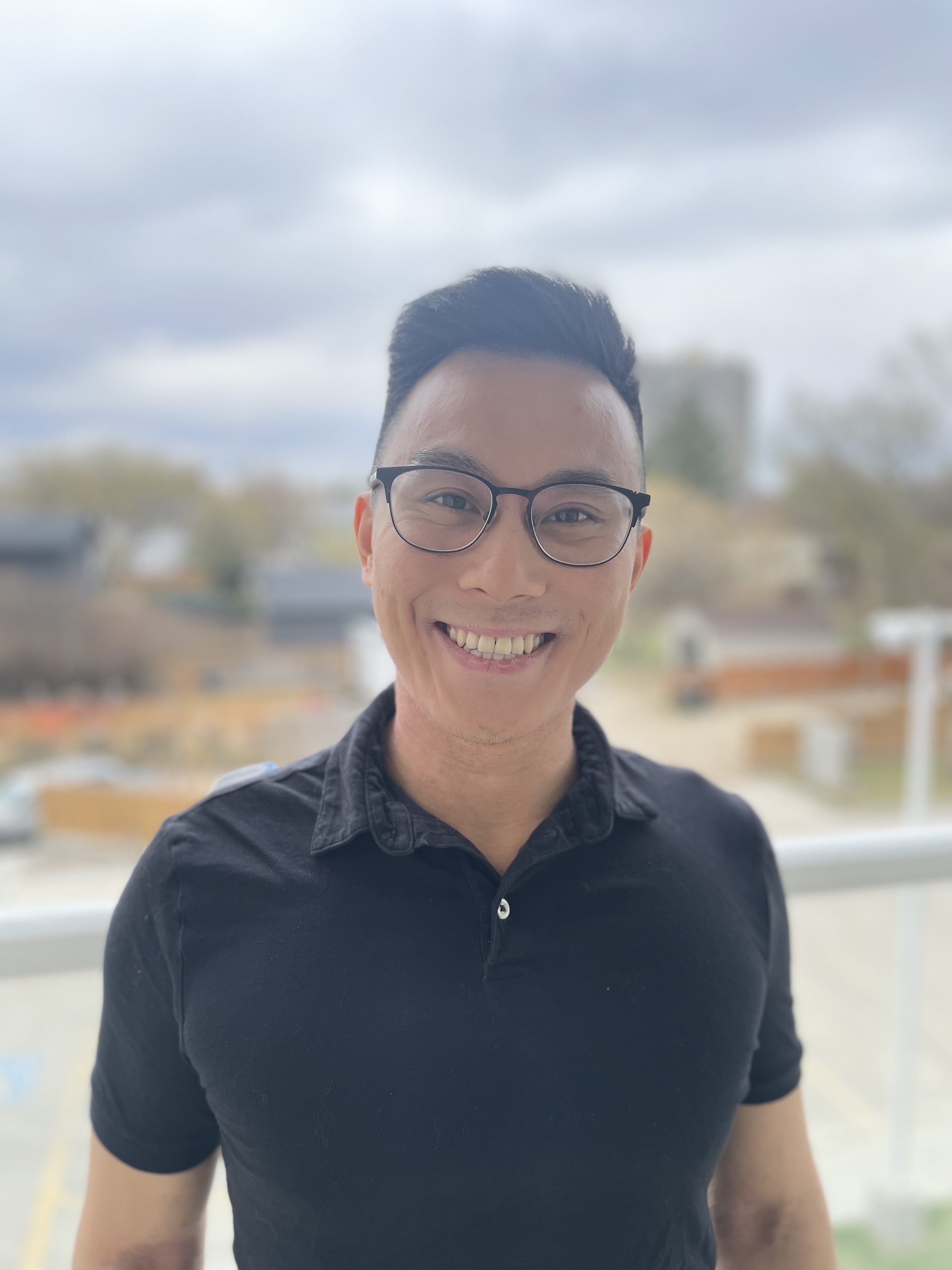
My goal is to equip medical students with the skills needed to tackle the challenges we face in providing equitable care on a global level. International electives provide medical students with an enriching environment to develop these skills and unique perspectives on the state of global health care. I’m passionate about making these learning opportunities available to students, so that we can pursue meaningful careers and make lasting impacts on the health of our patients, both locally and abroad. My platform consists of three crucial elements, centred around the key theme of advocating for the needs and interests of medical students across the globe:
-
Fostering partnerships with medical student associations internationally
- I am committed to collaborating with medical students around the world on international development projects to align our vision towards a globally-oriented model of physician training.
-
Expanding the IFMSA International Exchange Program
- I hope to coordinate opportunities with IFMSA to expand offerings for clinical and research exchange programs in countries and topic areas of interest to Canadian medical students.
-
Enhancing communications with the Global Health Program
- I envision regular ongoing communication with National Officers and Global Health Liaisons at Canadian medical schools to increase visibility of our profile.
I hold the position of incoming VP of Community Engagement within the Medical Students’ Association at the University of Alberta. In the coming year, I will represent medical students’ perspectives as a member of the Social Accountability Steering Community and provide support to various local officers of community engagement electives (Indigenous Health, Global Health, Inner City Health, amongst many others) as chair of the Community Engagement Committee. In my capacity as VP of Community Engagement, I have the unique opportunity to elicit the concerns of the medical student body and liaise with faculty members, community members, and stakeholders to address the dynamically changing needs of medical students as it pertains to opportunities for engagement with the community.
As Junior Coordinator for the Asclepius Medical Camp for Youth, I am also heavily involved in outreaching to rural (Grande Prairie) high-schools to promote awareness and engagement in pre-medical education for individuals from traditionally under-represented groups in medicine (including Black, Indigenous, 2SLGBTQ+, low socioeconomic status, and individuals with disabilities). Over the past 6 months, I’ve participated in planning and coordinating the 3-day medical camp that will be delivered in Grande Prairie for the first time this Summer. This aligns closely with our universities vision of training health care providers in rural and remote areas, who will remain there to provide care in their communities.
My experiences will serve well in fostering a deeper understanding of social accountability and the social determinants of health, which I hope to bring forth to my role as Director of Global Health. I am committed to listening to the voices of medical students and championing these three key initiatives to promote international collaboration between medical students.
Sincerely,
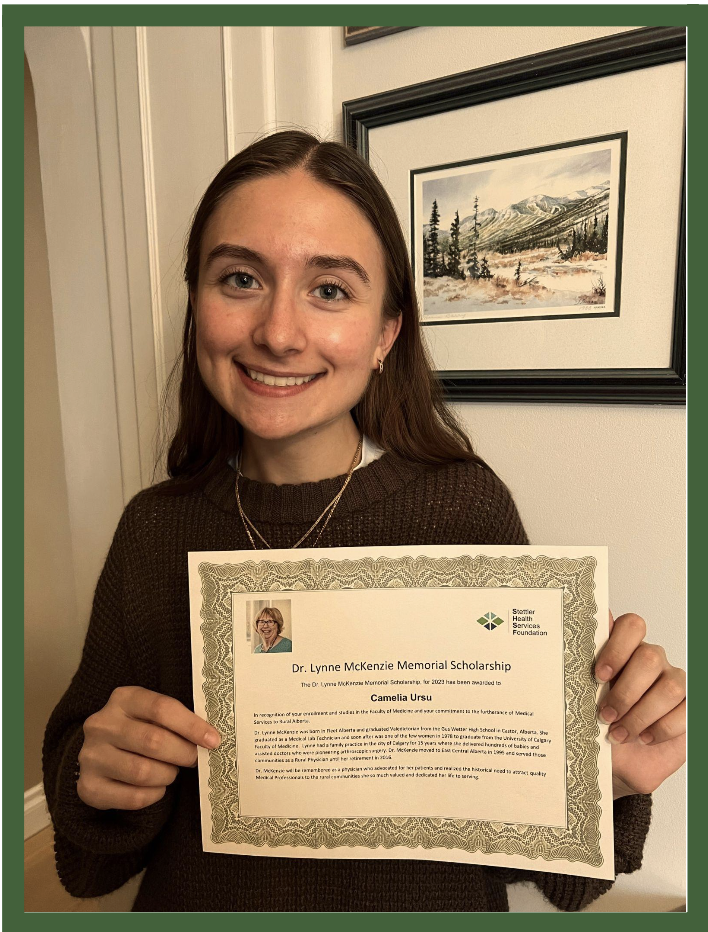
Dear CFMS Members,
I want to thank you for your thoughtful consideration of my nomination for this role. Engaging in initiatives that support, advocate for, and expand local and global health endeavors is immensely important to me, as I identify these aspects of medical education as key to sustaining inclusive, accessible, contextual, and holistic healthcare, especially pertaining to social equity and responsible medical practices.
I come from a research and community service background that is rooted in outlining social determinants of health and wellness, namely in Indigenous and immigrant communities, as well as in the contexts of rural and remote environmental toxicity. Before all else, I am originally from Moldova, the eldest of five, and a daughter of immigrants. My lived experiences are fundamental in my ability to support and work for patients and populations, and I hope they will allow me to be of dedicated, empathetic service in accomplishing the following directives:
-
Evidence-Based Initiatives and Impact, Quality, and Influence Assessment:
- Implement thorough mechanisms for the purpose of impact assessment in order to accurately measure the effectiveness and outcomes of global health projects led by myself, other portfolio and sub-portfolio directors, and the CFMS.
- Provide consistent transparency and accountability to CFMS members, the medical sphere as a whole, and most importantly, the patients we serve by creating spaces for multidirectional dialogue and open access data publication.
-
Student Body Representation in the Context of Local and Global Events:
- Create consistent, open avenues for dialogue with students to provide my peers with the dignified and discrete spaces they should have to comfortably share their concerns in an effective and protected manner.
- Be a direct representation for students’ voices on important local and global health matters, bringing forth their expressed concerns to the association and liaising between the student and government bodies.
-
Global Health and Leadership Training and Development:
- Prioritize developmental opportunities for all CFMS members, including workshops, seminars, and mentorship programs with community and academic experts, to diversify our capacities as medical professionals.
- Partner with institutions, field professionals, and on-the-ground agencies to provide practical skills development and experiential learning opportunities, especially for students interested in careers within the global health sphere.
-
Sustainability and Environmental Health:
- Support sustainability and environmental health initiatives and portfolio goals at the federal and provincial levels to make strides in the provision of dignified healthcare, which is rooted in environmental and holistic wellbeing.
- Connect portfolio directors and CFMS members with appropriate community members to learn about culturally competent and culturally sensitive approaches to community-based sustainability initiatives that are patient and people centered, first and foremost.
- Designate clear, timely, open and culturally appropriate discourse with the communities we served before attempting to solve problems that may or may not exist, including marginalized populations, immigrant and refugee groups, and Indigenous communities locally and globally.
It is my fundamental belief that we are here to be kind and to be useful, not just as medical humans, but as humans in general. As a result, it is my hope that my personal, academic, and employment background in clinical and laboratory research, model and community-based projects, and quantitative and qualitative work might allow me to not only be a well-suited candidate for the Director of Global Health position, but also to be useful in all that I may do in this role.
Thank you immensely for your time and kind consideration.
Sincerely and warmly yours,
Camelia Ursu
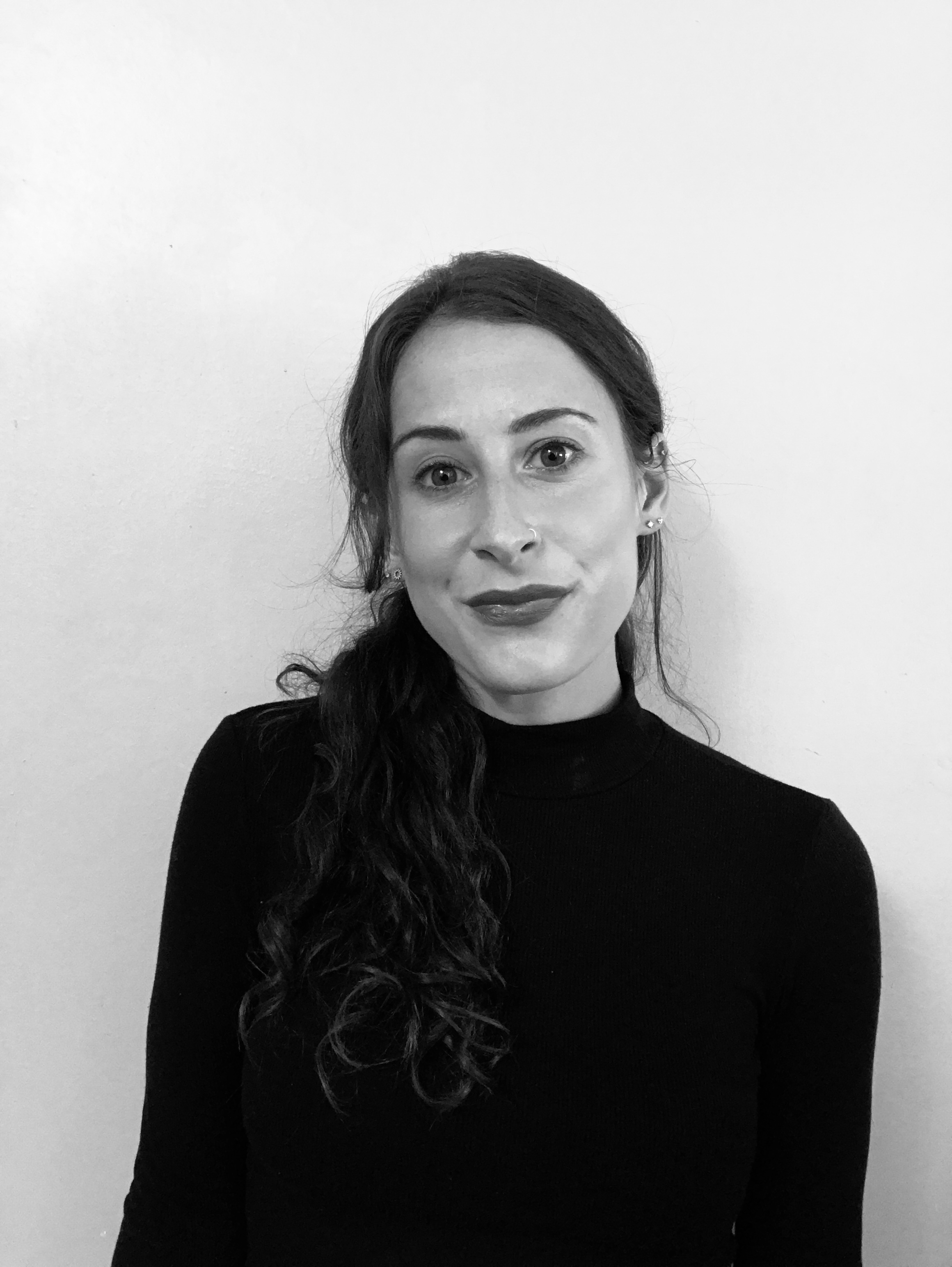
I am very excited to put my name forward as a candidate for the role of Global Health Director. With nearly a decade of international experience working in health and development, I would love the opportunity to leverage my experience overseeing large, multinational teams and setting strategies for health and nutrition portfolios that affected over half a million clients. Specifically, I would love to leverage these experiences to help bring the best ideas, perspectives and goals together to further the potential of the global health portfolio. My platform is based on the following tenets:
-
Meaningful, Conscientious Engagement with Global Health Partners
I will work to increase access to international experiences, such as exchanges, research projects, and clinical rotations, for medical students across Canada. By fostering partnerships with global health organizations and advocating for funding support, more medical students will have the opportunity to gain valuable insights and contribute meaningfully to global health initiatives, regardless of their financial or logistical constraints. However, I also aim to do so in a way that is culturally appropriate, respects and prioritizes the leadership of local experts, and upholds a stance against white saviourism. Partnerships should be focused on long-term capacity-building and mutual collaboration. By emphasizing cultural humility, local leadership and expertise, and reciprocity, we can move beyond short-term interventions and work towards lasting improvements in health outcomes and systems resilience.
-
Relentless Advocacy
I am dedicated to relentless advocacy for policies and initiatives that address global health disparities, promote health equity, and support international efforts to improve healthcare access and outcomes. Specifically, this would involve working closely with the International Federation of Medical Students’ Association and national officers to establish long-term advocacy themes that can be reasonably and consistently tackled with clear action plans. Establishing longer-term themes helps provide an overarching sense of direction and purpose for the portfolio, reflecting top-line priorities, while still allowing flexibility at the local level to pursue other issues of concern.
-
Capacity Building
My personal view is that good leadership works to make itself redundant. One of my goals as director would be to facilitate mentorship and development opportunities for local officers and committee members interested in applying to more senior positions, whether in their local chapter or within the CFMS. I have a solid track record in my previous employment of developing junior team members into middle and senior management positions. I do not want to make myself indispensable; rather, I would like to help create a team that is so strong that they feel empowered and able to work independently, and have the opportunity to grow into more senior positions.
Haley Kawaja | CFMS
I come to this application and potential position with the desire to listen well and learn quickly. I value diverse perspectives, I welcome criticism and dissent, and I stand firmly behind an approach to global health work that is grounded in humility, equity, and anti-oppression. If selected for this role, I will work extremely hard to advocate for the success of this portfolio.
Sincerely,
Haley Kawaja
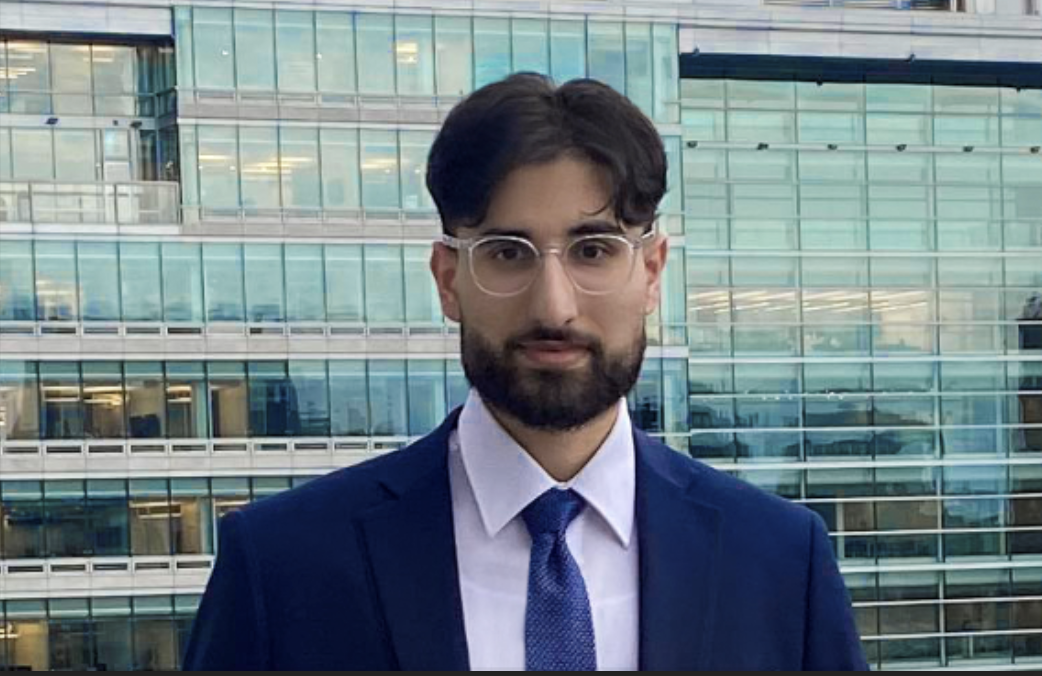
Culturally Competent Healthcare for Indigenous Communities
Description - As a candidate for the position of Director of Global Health, I am deeply committed to addressing the health disparities faced by Indigenous populations in Saskatchewan and across Canada. My platform focuses on enhancing access to culturally competent care, which is essential for improving health outcomes within these communities. The unique health issues prevalent among Indigenous peoples, including higher rates of diabetes and mental health disorders, are compounded by systemic barriers such as geographic isolation and historical mistrust towards the healthcare system. To address these challenges, I propose the implementation of mobile health clinics staffed by professionals trained in Indigenous health care practices. These clinics will not only provide essential health services but will also operate in a culturally sensitive manner, incorporating traditional practices and languages. This initiative aims to build trust and ensure that healthcare is both accessible and respectful of cultural identities. Additionally, I plan to advocate for increased funding and scholarships for Indigenous students pursuing medical professions. By supporting Indigenous representation in healthcare professions, we can foster a more inclusive health system that better serves its diverse population.
Enhancing Healthcare Accessibility for Immigrants and Refugees
Description - Immigrants and refugees face significant barriers in accessing healthcare, which include language difficulties, unfamiliarity with the healthcare system, and lower socioeconomic status. My platform seeks to dismantle these barriers by establishing community-based health centers that offer services in multiple languages and are staffed by culturally aware healthcare providers. These centers will serve as hubs for health education, prevention, and treatment, specifically tailored to the needs of immigrant and refugee populations. To further bridge the gap, I propose the development of a mentorship program that pairs newly arrived immigrants and refugees with healthcare navigators. These navigators would assist in explaining the healthcare system, setting up necessary appointments, and providing ongoing support as they navigate their new environment.
Addressing Health Needs of the Homeless and Individuals Dealing with Addictions
Description - The intersection of homelessness and addictions presents complex healthcare challenges that require tailored solutions. My approach includes the expansion of harm reduction programs and the integration of addiction services with homeless shelters. By providing safe consumption sites and recovery-oriented services directly within shelters, we can offer immediate support to those most vulnerable. Additionally, I advocate for the implementation of a comprehensive health care system for the homeless population, which would store their health history and facilitate continuity of care.
Equity in Global Health
The topic of global health is vast, covering numerous initiatives, advocacy opportunities, and strides toward healthcare equity. But it also extends to other marginalized groups such as our LGBTQ+ community, black community, people with disabilities, the elderly, and so many more. Each group faces unique barriers to accessing respectful and comprehensive healthcare. My platform is committed to promoting inclusive health practices and policies that cater to these diverse needs, aiming to forge a more equitable healthcare system for all.
To my fellow CFMS members,
In the past two years of working tirelessly within the CFMS Global Health Portfolio, it has become clear to me that global health work requires a strong foundation. Without community health or rural care, there is no global health. Without a dedicated team or a motivated director, there is no global health portfolio.
Equipped with my Global Health experience, I have the institutional knowledge of how this portfolio operates. I spent one year as the National Officer of Global Health Education and one year as the Associate Global Health, 5 months of which I was the Interim Director of Global Health. In this time, I have reflected on the biggest contributions I can bring to the portfolio and the CFMS at large.
-
Increased International Opportunities for Canadian Medical Students
The CFMS is represented at the International Federation of Medical Students (IFMSA) by the Global Health Portfolio. One of our main duties is to increase accessibility for international opportunities and exchanges. My goal is to increase IFMSA exchange positions so more Canadian students can attend. Moreover, to create a streamlined system for promoting international opportunities throughout the year so more students can take advantage of them. To curb the issue of short deadlines from the IFMSA, I plan to create a database of the past year’s opportunities so that people can access a list of past opportunities that may repeat and prepare for those applications.
-
Equity, Diversity, Inclusion, and Decolonization
Within the CFMS, the onus of Equity, Diversity, Inclusion, and Decolonization (EDID) falls under the accountability of each and every individual member. This past year, I strived to understand Indigenous representation within the Global Health Portfolio. I hosted consultation sessions with Indigenous student leaders and surveyed the Global Health team on the best ways to support this effort. From their suggestions, I plan to organize the high-in-demand Indigenous Health Roundtables and engage in active recruitment of student leaders from underrepresented communities. EDID must also apply to our team and our initiatives. Considering financial situations or geographical representation is important and I plan to integrate EDID into all opportunities whether it be international projects or National Officer initiatives.
-
Nationwide Projects and Local Levels of Support at Every Institution
The Global Health Portfolio not only has a Global Health Liaison (GHL) at every school but they have multiple Local Officers as well. Many of these GHLs and Local Officers work well independently but I hope to be much more involved with the local initiatives that they put on. I want to create more unifying events such as an Environmental Sustainability in Medicine national project or a National Week of Advocacy on HIV which will allow a collective effort from every medical program for a larger global health cause.
I hope that with these points, my passion for global health shines through and that my vision aligns with creating a healthy organization, ripe with promising opportunities for every medical student in Canada to take advantage of.
Sincerely,
Jun Kim
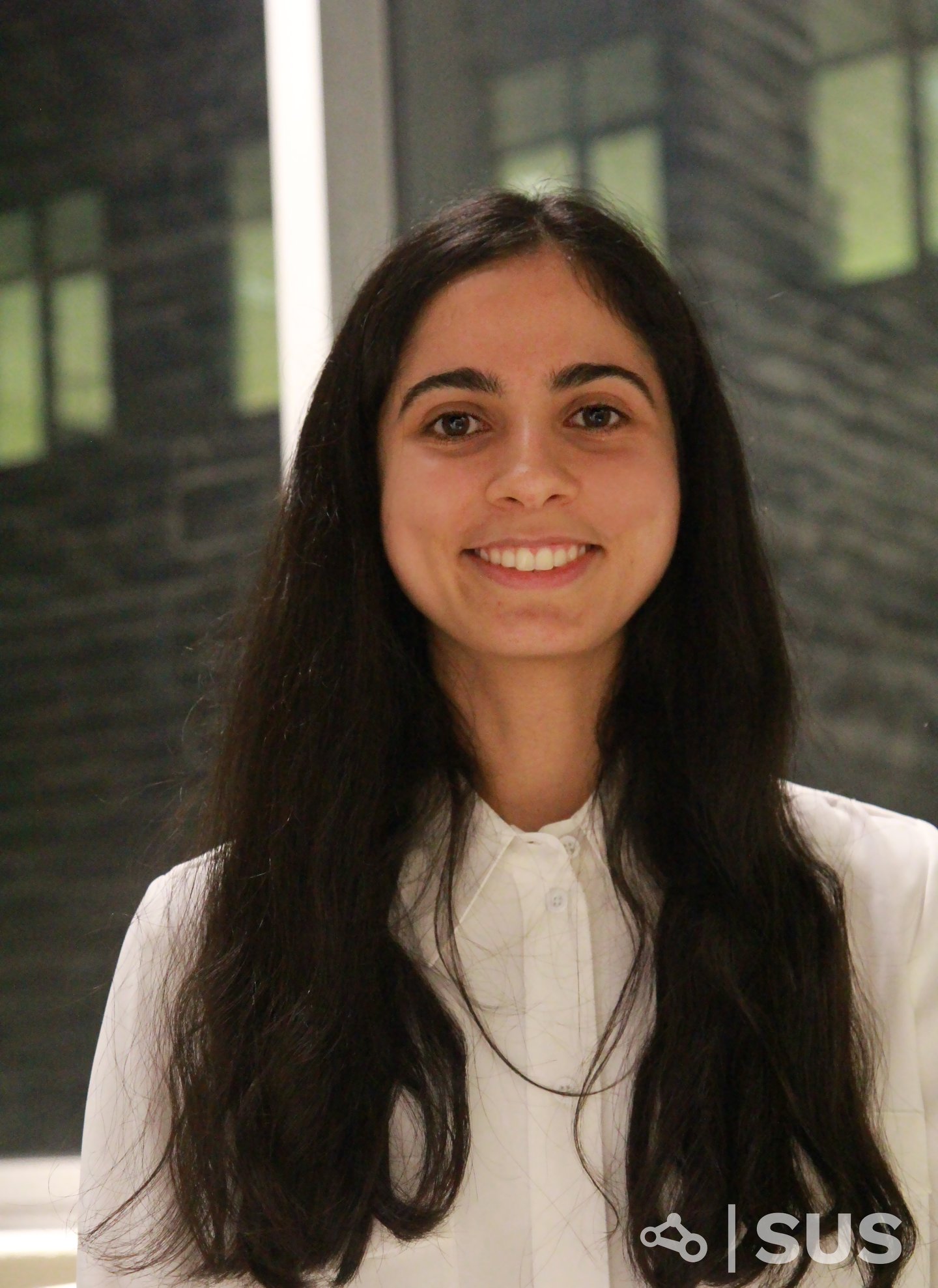
CONNECT: Fostering National Collaborative Advocacy
I aim to foster a culture of collaborative advocacy by developing long-term national and international advocacy themes. Crafted in consultation with Global Health Portfolio (GHP) members, these themes will provide direction while allowing flexibility for innovative projects. Drawing inspiration from IFMSA's strategic priorities, I will align our international advocacy with global health imperatives. Additionally, I will facilitate national-level collaboration through a CFMS Global Health Conference, bringing together Global Health portfolios across Canada to exchange ideas and enhance national-level education.
SUPPORT: Strengthening Educational Initiatives
To bolster educational initiatives, I will promote student-led campaigns, projects, and workshops through a CFMS global health listserv or monthly digest. This platform will amplify our collective voice, advocating for meaningful change on national and international platforms. Moreover, I will implement mechanisms to evaluate the effectiveness of global health educational initiatives. This includes collecting survey data and conducting bi-annual focus groups to solicit feedback from students and stakeholders, enabling informed decisions and continuous improvement of educational programs.
REPRESENT: Integrating with IFMSA and Building Capacity
In collaboration with the International Federation of Medical Students' Associations (IFMSA), I will establish partnerships with Global Health leaders and the executive board. This will involve increasing the number of CFMS members attending IFMSA trainings, meetings, and events. Furthermore, I will work with IFMSA to create a portfolio for future CFMS-IFMSA liaison positions within both councils, enhancing representation and collaboration between the organizations.
In conclusion, my platform seeks to empower GHP members, ensuring their voices are heard and their efforts are maximally impactful in the realm of global health. Together, we will forge a future where advocacy, education, and collaboration intersect to create positive change on a global scale.
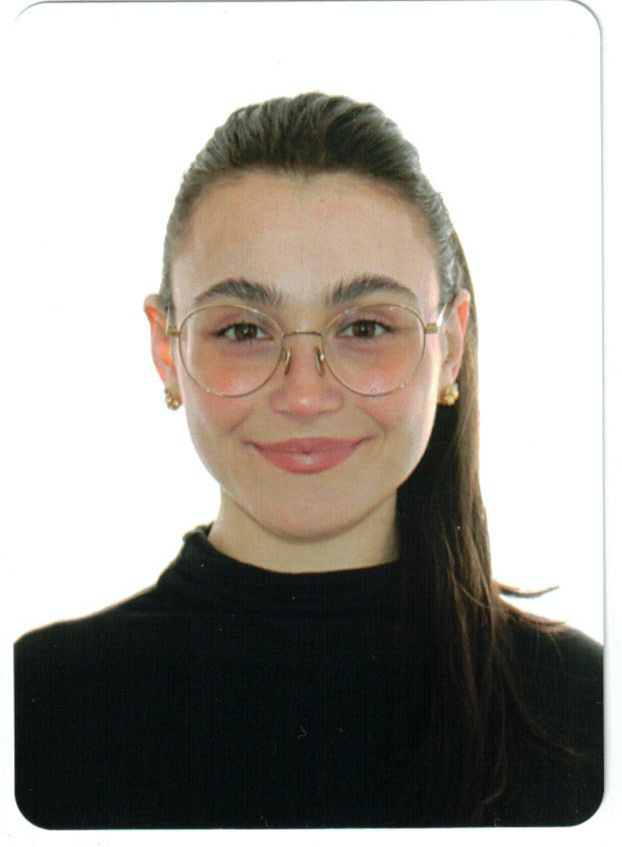
Please consider my candidacy for Director of Global Health, 2024.
My name is Nicoletta Dini, and I’m a medical student at Dalhousie University. In another life I was a “career student” in the arts and humanities – hoping to change the world.
In this pursuit, my education spanned political science to journalism, where passions included human rights and environmental concerns. My master’s thesis was on the impact of rising seas in the Halifax Harbour, furthering years of involvement with environmental organizations in my community.
Yet despite this activism, I felt that I was failing to move the needle. This is in part what drew me to medicine, where I felt I could really make a difference.
Since then, I’ve been inspired by the passions and influence of the medical community, joining Dalhousie’s Green Team and Global Health Organization as a result. However, it was the advocacy of the WHO on ceasefire and peace for the civilians in Gaza that has given me the inspiration and courage to run for CFMS Director of Global Health.
Although there will be many other fantastic candidates, these are the reasons I believe I am well-suited for this position:
- Values: A long-standing passion for and commitment to issues of global health, international development, and public health.
- Collaboration: An eagerness to learn from and engage with other IFMSA members across the globe to implement programs that honour the mandates and strategic direction of our organization.
Thank you for your consideration.
Sincerely,
Nicoletta Dini
Director of Government Affairs and Advocacy
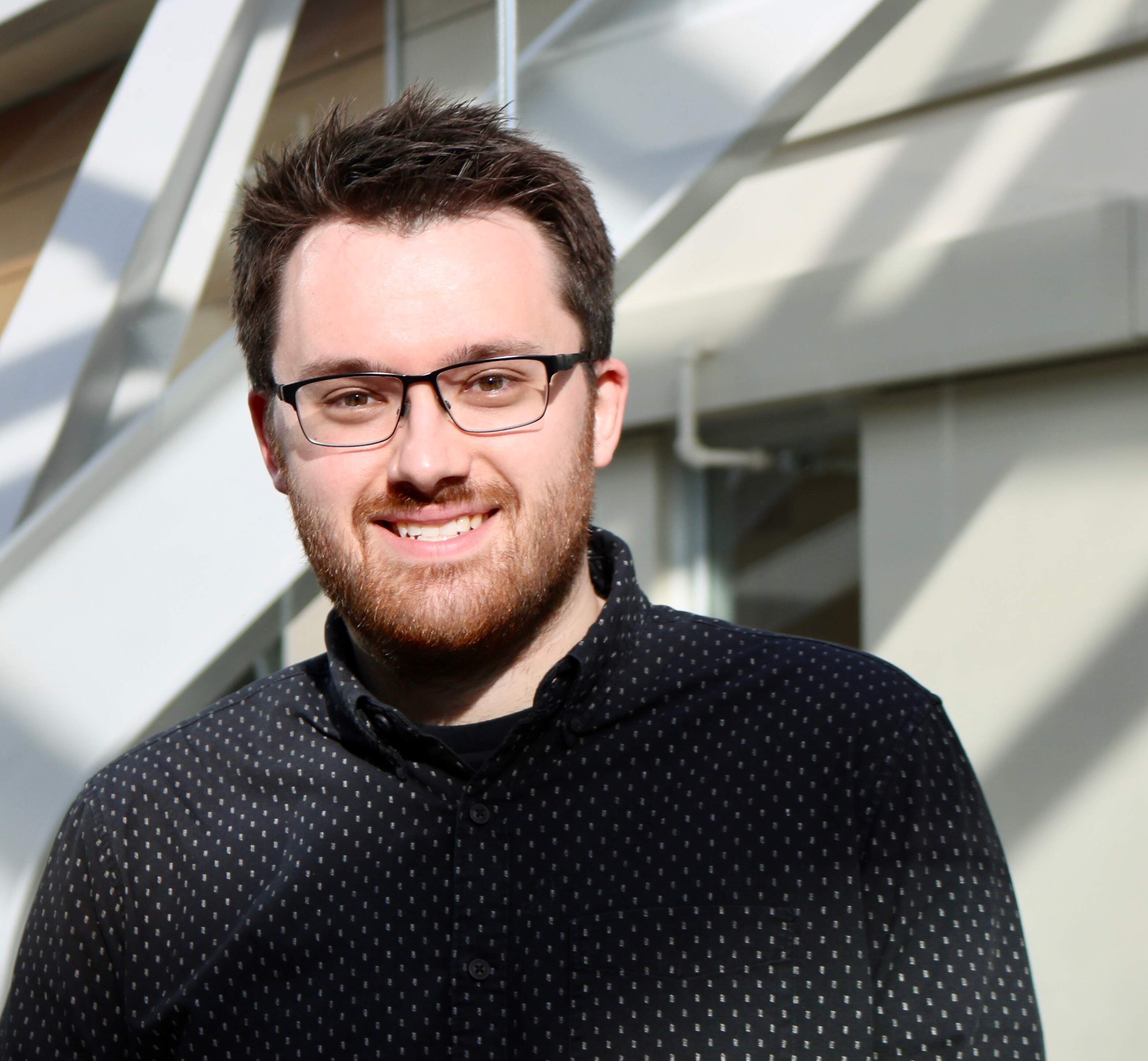
My name is Bryce Bogie, a fifth-year MD-PhD Candidate at the University of Ottawa, and I am honored to present my platform for the Director of Government Affairs position. With a strong foundation in leadership, advocacy, and governance, I am passionate about driving positive change for medical students across Canada.
Leadership and Advocacy
Throughout my academic journey, I have been deeply engaged in leadership roles that have allowed me to advocate for meaningful reform. As the Faculty of Medicine Representative on the University of Ottawa Senate, I actively voiced the concerns and needs of medical students, advocating for policies that enhance their academic experience and well-being. My tenure as the Director of Research for the Canadian Investigator Trainee Association of Canada (CITAC) provided me with a platform to lead a nationwide survey addressing the multifaceted needs of MD+ trainees. This initiative not only highlighted systemic challenges but also catalyzed current advocacy efforts for increased funding and resources at both federal and program levels.
Governance Expertise and Strategic Vision
Serving on the Board of Directors of the Graduate Student's Association at the University of Ottawa has equipped me with invaluable governance expertise. Moreover, as the sole graduate student representative on the University of Ottawa Board of Governors (representing >7,000 students), I am working closely with central administrative leadership and participating in major budgetary decisions that directly impact medical trainees. My involvement in the approval and construction of the Advanced Medical Research Centre, for instance, a “once in a generation investment”, underscores my commitment to advancing initiatives that enrich medical education and research.
Collaboration and Connectivity
Building strong partnerships and fostering collaboration are essential for effective advocacy. Throughout my tenure, I have forged meaningful connections with influential organizations, including CITAC, the Institute for Science, Society, and Policy, and HealthCareCAN. By participating in extensive advocacy campaigns with Parliamentarians, including Senators and Members of Parliament across political parties, as well as counterparts in the US, I have contributed to the successful outcomes for medicine, research, and education seen in Budget 2024. These experiences have reinforced my belief in the power of collective action to effect positive change.
Addressing Pressing Issues
I wholeheartedly recognize the pressing issues facing medical students in Canada. From the insufficient number of medical student positions and schools to burnout, financial challenges, and social inequities, there is much work to be done. I am committed to leveraging my experiences, connections, and dedication to address these issues head-on. By prioritizing collaboration, transparency, and inclusivity, I will work tirelessly to improve the lives and experiences of medical students from coast to coast.
A Call to Action
My platform is rooted in a steadfast commitment to advocacy, empowerment, and service. If elected, I will bring my proven leadership, advocacy, and governance expertise to the forefront, amplifying the voices of all medical students and driving meaningful change. Together, we can continue to build a brighter future for medical education and healthcare in Canada.
Thank you for your consideration.
Bryce Bogie, MSc
[email protected]
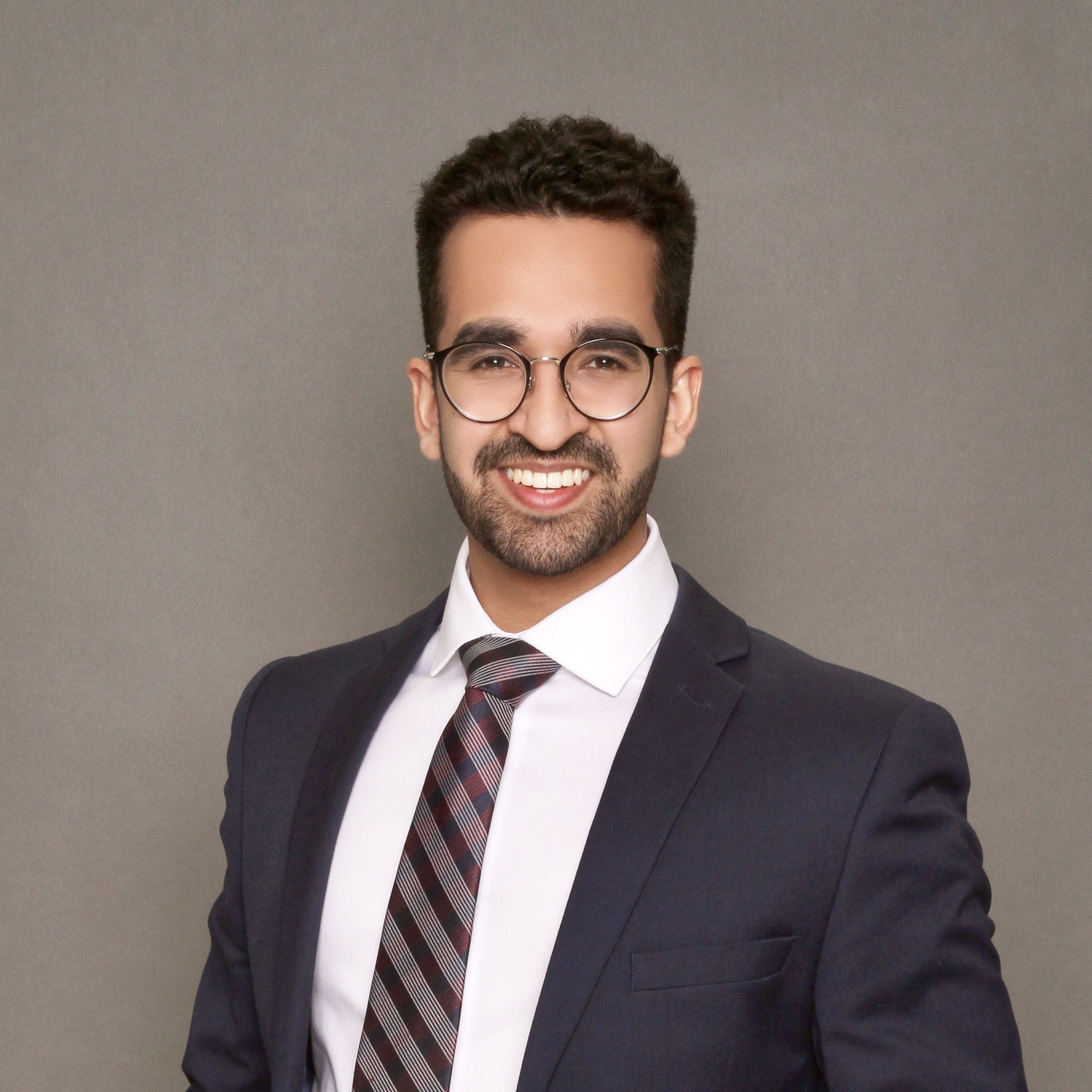
My name is Chaten Jessel, and it has been one of the most fulfilling experiences of my life to serve as your Director of Government Affairs and Advocacy this past year. Throughout the year, our portfolio achieved remarkable feats, including hosting multiple successful Days of Action, spearheading numerous petitions to the House of Commons, crafting 15 CFMS advocacy policy papers, fostering new partnerships with external advocacy organizations, executing a comprehensive governance overhaul, and leading the charge towards Universal Access to Contraception!
To sustain this momentum, I propose the following:
- Extend the application window for the National Day of Action - By providing students with a longer application period, a separate application from Fall Recruitment, and intensifying our promotional efforts, we can offer medical students the opportunity to engage in advocacy initiatives that catalyze positive change in Canadian healthcare
- Implement a robust portfolio communication strategy - By entrusting the Associate Director with the task of managing communication within the portfolio and with CFMS members at large, we can ensure everyone stays informed about the exceptional advocacy opportunities available
- Establish new National Officer positions to drive significant change - By introducing a National Officer of Health Equity to champion EDI practices in healthcare and a National Officer of Environmental Justice to advocate for the nexus between climate and health, we can amplify the influence of medical students on societal issues
- Promote voter engagement among medical students - By orchestrating robust "Get out the Vote" campaigns across medical schools and offering incentives to students who register to vote in municipal, provincial, and federal elections, we can ensure that the voices of medical students resonate across all levels of government
- Enhance support for students interested in writing policy papers - By conducting policy paper writing workshops and establishing a repository of potential policy paper topics, we can inspire greater participation in advocacy among medical students and equip them with the necessary resources to make impactful contributions
- Foster collaboration to expand the reach of medical student advocacy - By enhancing collaboration with organizations like PROOF, the Canadian Hypertension Coalition, Empowher, and student bodies such as FMEQ and RDoC, we can elevate our advocacy efforts to unprecedented heights and advance shared objectives
- Advocate for home-program interview guarantees for unmatched grads - By collaborating with the CFMS president to establish a program guaranteeing home-program CaRMS interviews, we can alleviate the stress and uncertainty experienced by unmatched graduates, while promoting fairness and equity in the CaRMS process
Building upon the achievements of the past year, these platform points epitomize a comprehensive advocacy approach centered on transparency, inclusivity, and collaboration. I firmly believe that by translating these ideas into action, we can affect real improvements in the lives of medical students across Canada and contribute to shaping the future of healthcare in our nation.
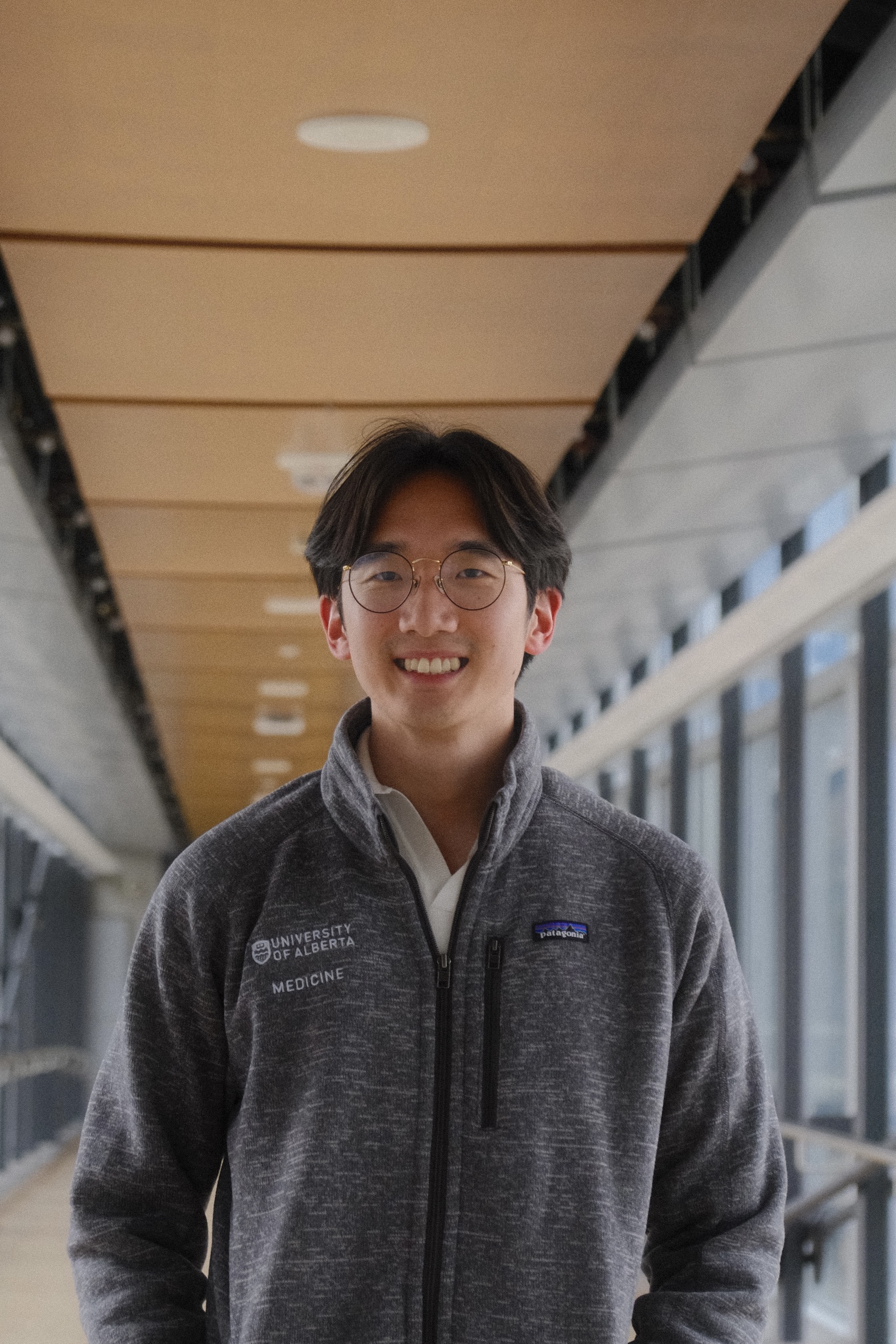
Hey everyone,
My name is Jason and I’m a first-year medical student at the University of Alberta. People typically describe me as someone calm, mature, and great at listening. But when it comes to things that I am passionate about, I am also someone who loves speaking Yappanese; whether it’s in front of the camera making videos about wristwatches for my YouTube channel (Subscribe to “A Channel About Watches”), in front of a classroom giving presentations about medicine as an MD Ambassador, or at the Edmonton Public Library Teaching Seniors about the wonders of ChatGPT, I love speaking about things that are important to me.
Outside of my extracurriculars, I have my introverted side where I enjoy spending time in nature by camping or hiking. I also spend a lot of personal time with my girlfriend and try to convince her to do her residency in Edmonton instead of Vancouver (although I love both cities). My biggest pet peeve is when I travel internationally and try to explain to people what/where is Edmonton, they usually give me a blank stare unless I say that Edmonton is *basically* beside Vancouver (ignoring that they’re 1000 km apart).
I don’t have a spirit animal, but if I had to describe myself as a plant, I would choose ginseng, because there are many nutritional benefits when served as tea, and my mom would make it every day when I was a kid. Also, I couldn’t pronounce “ginseng” so I would call it “Jason” tea.
Platform
I love government affairs. I love speaking to government officials, advocating for change, and listening to different perspectives on pressing issues. This is why I want to be Director of Government Affairs; I believe that the role needs someone who is passionate about advocacy and motivated to enact change. I met a lot of dedicated students at the National Day of Action in Ottawa, and the Provincial Day of Action in Edmonton, and from these experiences I have gained insight into Government Affairs and hope to elevate the portfolio further through my visions. These action items will help support members of the Government Affairs & Advocacy Committee (GAACs) in running “Day-Of-Action” (DOA) events, increase the value attendees get from these events, and increase the effectiveness of our advocacy efforts.
-
Creation of a “Day-of-action” guide for all GAACs to use.
Currently, many GAACs work in silos for their DOAs, and while that allows for flexibility and creativity, it can also lead to varying standards. Having a step-by-step guide will help GAACs ensure they have a framework to work off. The Ontario Medical Students Association (OMSA) has already created a working “day of action” guide and I believe we can consult OMSA to build off that to create one that can be applied to any province or medical school.
-
Support GAACS with regularly scheduled round table meetings.
While each medical school runs their DOAs differently, these roundtable meetings can help promote sharing ideas, provide support to GAACs who need assistance, and increase collaboration between different schools.
-
Emphasize longitudinal advocacy after DOAs.
Currently, NDoA focuses their efforts on training students and meeting MPs, but not enough attention is dedicated to follow-up. A debrief after NDoA where students can share what they learned from speaking to government officials, and coming up with an action plan, will make our efforts more worthwhile by pursuing the work that our attendees have done.
Canadian medical students have some of the strongest voices and advocates for change. There is no lack of individuals who want to get involved in advocacy. What I can offer as Director of Government Affairs is ensuring that students have the resources and support to do that.
Amplifying Student Voices
- Foster open channels for student feedback through regular town halls and surveys.
- Establish partnerships with medical student organizations such as FMEQ, OMSA, CAMSA, BMSA, CQMSA, IMSAC, HMSA to ensure diverse representation in advocacy efforts.
- Develop a comprehensive advocacy toolkit accessible to all medical students through virtual channels like YouTube, Google Drive, Zoom to empowering them to engage in political dialogue.
Driving Legislative Impact
- Identify key legislative priorities for medical students during Government Affairs Roundtables.
- Organize advocacy initiatives targeting policymakers at local, provincial, and national levels such as meeting with Members of Parliament at least 3 times and attending Parliamentary Committee meetings at least once.
- Work closely with the National Officer of Health Policy to craft evidence-based position papers that influence healthcare policy while involving them in opportunities to speak with policy makers.
National Day of Action
- Lead the organization and execution of the CFMS National Day of Action, rallying medical students across Canada for impactful advocacy.
- Extend participation to the CFMS National Day of Action to other national healthcare student organizations such as the Canadian Nursing Students’ Association (CNSA) and the Canadian Pharmacy Students Association (CAPSI).
- Coordinate with the National Officer of Political Action to design strategic advocacy plans and mobilize student participation.
Advocacy Training and Education
- Develop educational programs and workshops to train medical students in advocacy skills, including lobbying, policy analysis, and effective communication.
- Strive to make educational programs readily accessible, digestible, and engaging by creating video tutorials to be published on YouTube, Instagram, and Facebook for maximal publicity.
- Provide resources and mentorship opportunities for aspiring student advocates to navigate the political landscape such as beginning a mentorship program with past attendees of National Day of Action and CFMS alumni who were engaged in advocacy.
Community Engagement and Partnerships
- Strengthen alliances with healthcare stakeholders such as the Canadian Medical Association, Resident Doctors of Canada, at national meetings such as the Canadian Medical Forum.
- Collaborate with external organizations on joint initiatives that advance shared advocacy goals such as opportunities to sit in on meetings and discuss advocacy priorities important to medical students.
Transparent and Accountable Leadership
- Maintain transparency in all advocacy activities by providing regular updates to the President and board members on portfolio directions.
- Schedule bi-weekly check-in meetings with National Officer of Political Action and National Officer of Health Policy to provide trouble-shooting, opportunities, and support.
- Making the role of Director of Government Affairs relatable to medical students by engaging students through social media channels with regular sharing, polls, and content engagement.
Institutional Memory and Strategic Plan
- Create a Transitional Document for future holders of Director of Government Affairs position to preserve institutional memory.
- Establish 5-year strategic plan for the Director of Government Affairs portfolio including key performance indicators and evaluation mechanisms to ensure accountability and qualifiable improvements.
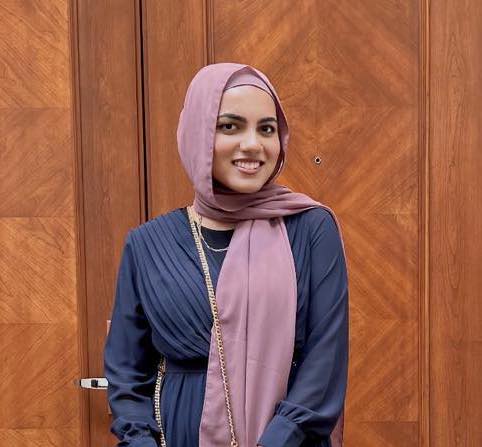
As your Director of Government Affairs, my role encompasses three main tenets: to Connect, to Support, and to Represent the Advocacy efforts of medical students across Canada. Chairing the GA portfolio requires extensive familiarity with all of its initiatives, which I have managed to gain through my experience as GAAC and as part of the National Day of Action. I’ve had the opportunity to speak to my peers and elicit their concerns regarding their roles within the GA portfolio. Based on my own experience and the feedback I’ve received, I aim to achieve the following during my term as Director of Government Affairs:
1. Empowering Advocacy Skills
One of my primary objectives as lead of the GA portfolio will be to empower CFMS members with the skills and knowledge necessary to become effective advocates. Advocacy is a vital aspect of medical education and practice, yet many individuals may lack formal training in this area. To address this gap, I will oversee the development of comprehensive materials and resources aimed at teaching members how to advocate for themselves, their patients, and the broader medical community. These resources will cover a range of topics, including effective communication strategies, policy analysis, grassroots organizing, and coalition building, and will be available in a variety of multimedia formats.
2. Optimizing Events
The CFMS organizes several major events each year, including the Medical Day of Action (MeDOA) and the National Day of Action (NDOA). While these events serve as important platforms for student advocacy, there is always room for improvement. I will work to enhance the engagement and participation of our members in these events by soliciting feedback, evaluating past successes and challenges, and implementing innovative strategies to maximize their impact. This may include diversifying event formats, incorporating more interactive elements, and leveraging our social media platforms to reach a broader audience. Through my conversations with peers, I’ve realized that the structure and format of our advocacy events may need to evolve to better meet the needs and preferences of our members. This may involve removing barriers to face-to-face interaction and collaboration during these events, such as hosting these events in Ottawa or other central locations and maximizing travel funding for delegates.
3. Promoting Collaboration
As Director of GA, I hope to foster a culture of collaboration within the GA portfolio and across other CFMS teams and committees. This will involve regular check-ins with National Officers (NOs) to ensure alignment and coordination on advocacy priorities, as well as full portfolio meetings to facilitate cross-team collaboration and knowledge sharing. By promoting open communication, I aim to leverage the diverse expertise and perspectives within our organization to achieve our advocacy goals more effectively.
All in all, I am excited for the opportunity to possibly serve as your Director of Government Affairs next year and thank you for reading my platform. With your support, I am confident that we can advance our shared goals and aspirations to enact positive change in healthcare policy and practice!
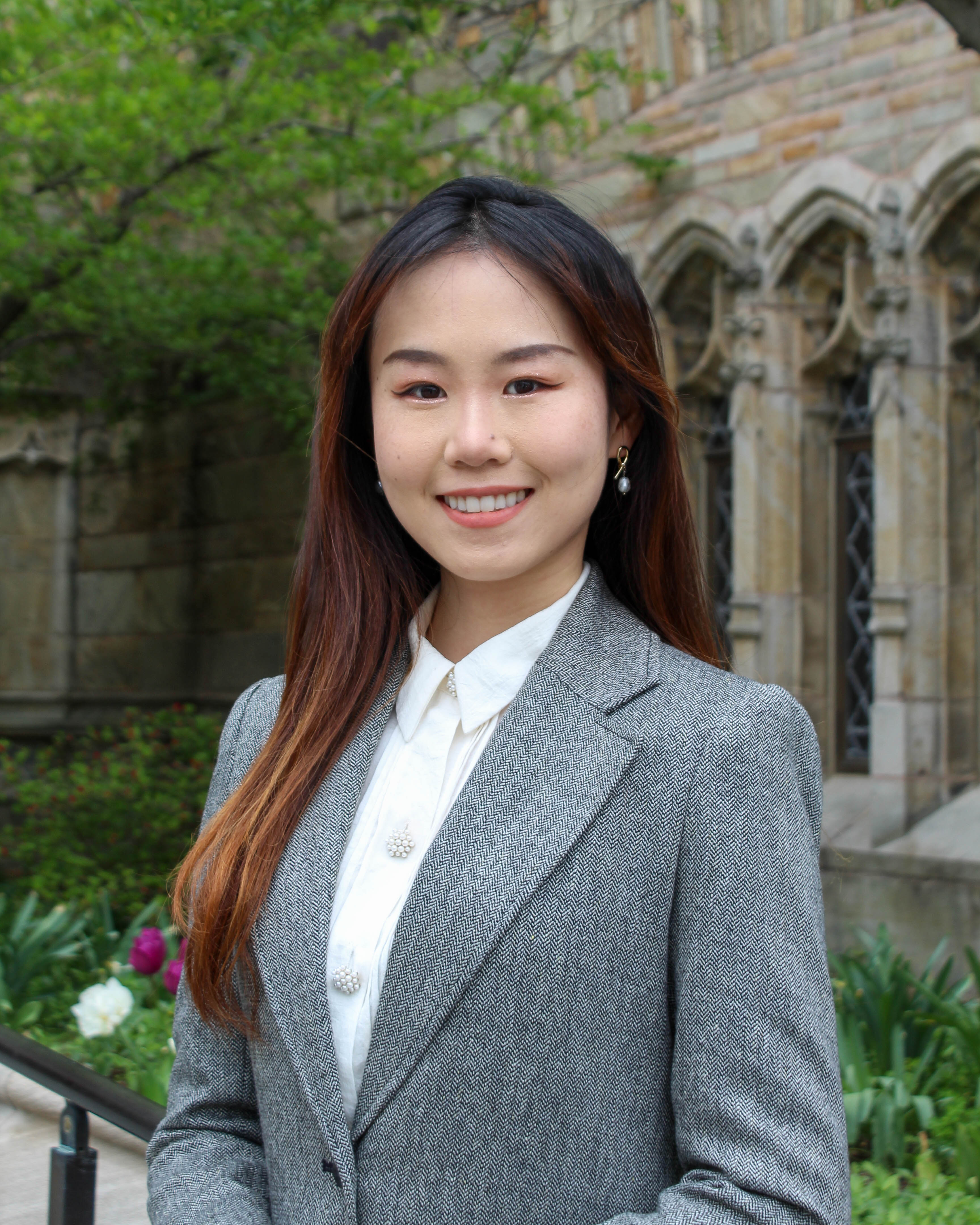
Relevant Experience
To advocate for inclusive mental health care, I reached out to Ontario MPPs and helped obtain 10,000 petition signatures. With the support of an MPP, we brought our petition to include mental health care in the Ontario Health Insurance Plan to the House of Commons.
I built partnerships with women’s shelters, crisis helplines, and universities to create a nationwide network of NGOs targeting gender-based violence (GBV.) Our coalition provided GBV survivors easier access to free resources and support.
Goals
-
Increase knowledge and participation in advocacy training among the general student body.
a. Encourage GAAC Reps at each school to regularly promote LATS training to their student body. Collect data to examine facilitators and barriers to increasing student participation. Create appropriate incentives to increase participation.
b. Identify schools traditionally underrepresented as hosts of LATS workshops; support schools in organizing workshops with principles outlined in the CFMS Advocacy Training Toolkit.
-
Strive toward equitable representation of medical schools within the GA Portfolio.
a. Work with GAAC Reps at under-represented schools to create discussions with students, throughout the school year, on how to get involved with advocacy within the CFMS. Aim to increase the schools’ participation as GA Committee members and National Officers.
b. Work with National Officers and local GAAC Reps to encourage equitable participation across medical schools in NDoA, MEDoA and PDoAs.
-
Support inter-provincial knowledge and idea sharing for PDoA’s.
a. At the provincial level, facilitate knowledge of each PDoA topics, asks, successes and challenges across the Division/country to increase students’ knowledge of issues & efforts pertinent to each province.
b. Host a centralized platform where GAAC representatives from each province could share their ideas and progress in real-time.
-
Increase cohesion in themes of advocacy across committees.
a. The 2024 NDoA topic is Healthcare Spending. Given the financing structure in Canada, advocacy is as important at the provincial level as it is at the national level. Work with GAAC Reps in identifying and executing feasible efforts for issues pertinent to each province.
b. Work with LATS and PAT to plan training sessions to increase student literacy on Healthcare Spending.
Conclusion
I am extremely grateful to have worked within the GA Division this past year. It would be an honour to serve you next year as Dir. GA - to continue our legacy of great collaboration and productivity, as well as strive toward tangible improvements that could benefit Canadian medical students equitably for years to come. Thank you for your kind consideration of my candidacy.
Atlantic Regional Director

Hi everyone!
My name is Kate Lim from Dalhousie University, and I’m excited to be running for the position of Atlantic Regional Director (ARD)! In this platform, I’ve described a few projects that I would like to accomplish over my term as the next ARD. Simultaneously, I’d like to emphasize that the core responsibility of an ARD is to be the ears and mouth of the Atlantic medical students. I hope to provide a wealth of support to our Atlantic students as your next ARD!
Relevant CFMS and Atlantic Advocacy Experiences
- A member of the Organizing Committee of the Canadian Medical Student Conference (CMSC) 2024 – assisted in selection and hosting speakers for the event
- Attendance of CFMS AGM 2024 in Vancouver
- Attendance of CFMS AGM 2023 in Toronto as a Global Health Local Officer of Public Health
- A current member of the Canadian Atlantic Medical Students Association (CAMSA) Board Executive
- Current CAMSA Board Administrator for the Board of Directors 2023/24
Creating the Atlantic Alumni Directory
Atlantic medical students have rich resources within the Maritimes; however, when it comes to the rest of Canada, the opportunities, and resources available are significantly less well-known. I’d like to create an Atlantic Alumni Directory that includes a list of physicians who graduated from Dalhousie, CFMNB, and Memorial. With their Atlantic background, they may be able to provide more tailored advice, as they might have faced similar challenges as the current students in discovering their journey within medicine.
Strengthening and continuing the momentum of the CoAMS
After a short pause, the return of the conference has been significant for Atlantic medical students. I plan to support the Conference Chairs and CAMSA for smooth transitions of leadership and assist them with sponsorship and partnerships with my broad networks as the ARD.
Atlantic Med Games, Elective Guides, and other Databases for Atlantic Students
With Gaurav’s (current ARD) wonderful existing projects, I believe that they should be passed on to become sustainable resources that students can rely on. I want to continue to strengthen them to ensure that these resources and events become symbols of Atlantic Medical Schools.
Thank you again for reading my platform and I look forward to meeting you at the election!
Qubec Regional Director
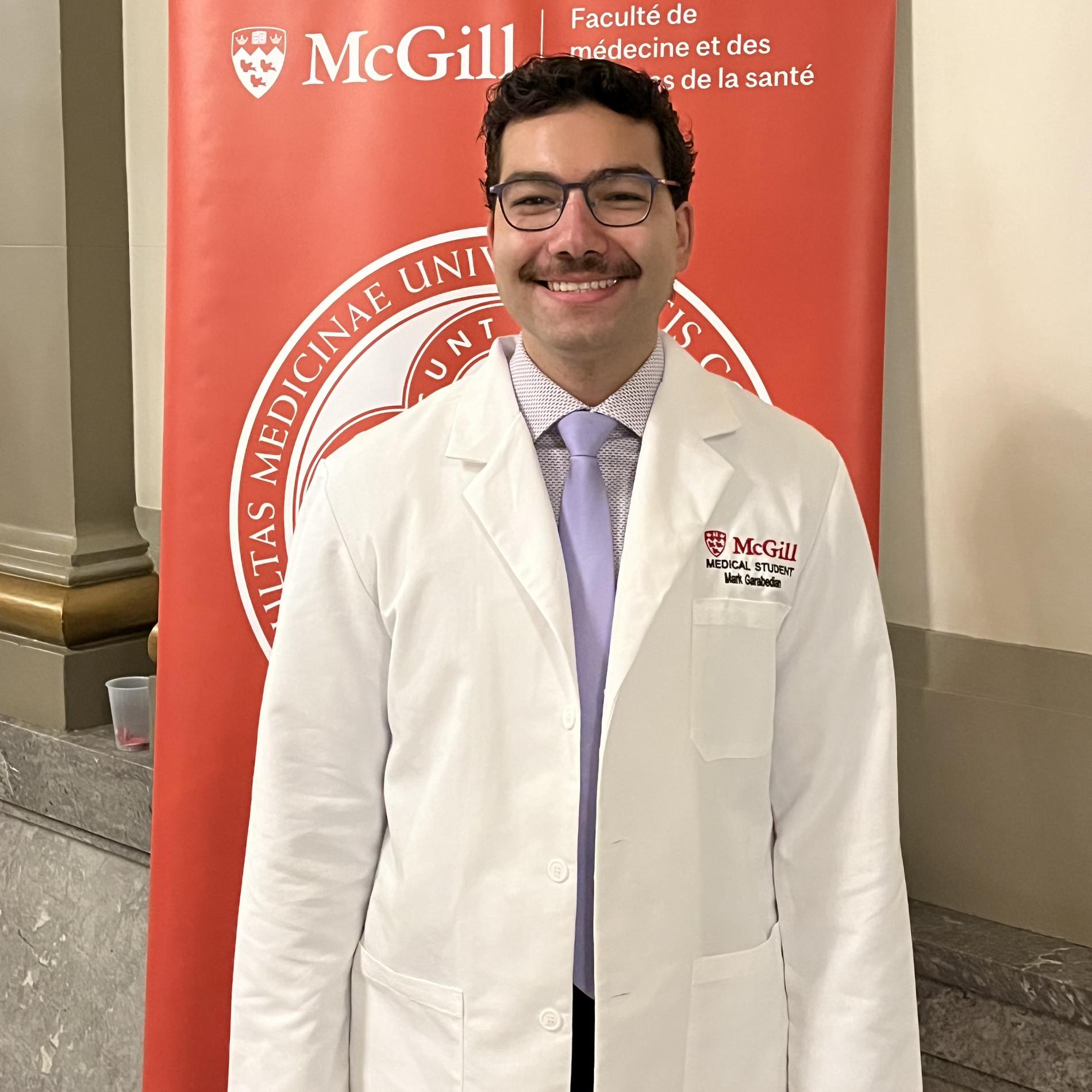
As the Québec Regional Director of the Canadian Federation of Medical Students (CFMS), I would be committed to representing the diverse voices and needs of medical students across our province. With a focus on advocacy, engagement, and support, my platform aims to foster collaboration, amplify student voices, and ensure the well-being of all medical students in Québec.
Advocacy:
Policy Influence: By actively engaging with CFMS committees, task forces, and working groups, I will work to shape policies that address the unique challenges faced by medical students in Québec, including those relating to language, issues faced by satellite campuses and the shortage of residency training spots in the province.
Collaborative Partnerships: I hope to strengthen partnerships with the Fédération Médicale Étudiante du Québec (FMEQ) to advance shared priorities and ensure effective communication between our organizations.
Engagement:
Regional Roundtable: Organizing teleconferences and in-person meetings, I will facilitate discussions among Québec CFMS Representatives and class leaders to address regional and national issues affecting medical students.
Connection Building: Through regular attendance at medical society meetings and institutional visits, I will work to foster strong relationships and open channels of communication with medical students and societies across Québec.
Bilingualism Task-Force: Employ efforts to promote bilingualism within the CFMS and ensure inclusivity for Francophone medical students.
Support:
Operational Execution: I will execute operational tasks directed by CFMS leadership, ensuring efficient functioning of regional initiatives.
Student Consultation: Through focus groups and feedback mechanisms, I will actively seek input from Québec medical students, including those of non-member schools, to address their needs and concerns.
Transition Facilitation: I will ensure a smooth transition for the incoming Québec Regional Director, providing support and guidance following elections. This includes understanding ongoing projects and ensuring the continuation of the long-term strategic direction of the portfolio.
Ontario Regional Director
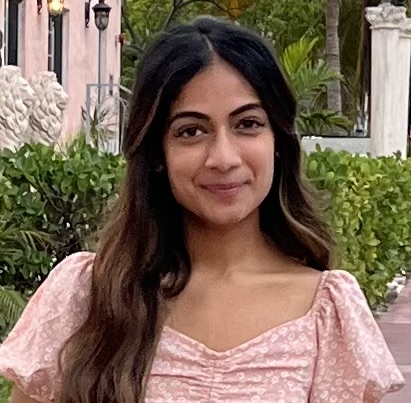
Dear Members of the Board,
I hope this letter finds you well. As a candidate for the position of Ontario Regional Director of the Canadian Federation of Medical Students (CFMS), I am excited to present my platform outlining three key points of action that I believe are crucial for the advancement of our organization and the medical student community.
Enhancing Communication Channels:
As the current National Officer of Communications within the CFMS, I understand the importance of fostering transparent and efficient communication channels between the Board, medical society representatives, and presidents across all member schools by the following:
- Establish regular 1-1 meetings (every 3-6 months) with each medical school society.
- While the Ontario President’s Roundtable is helpful, the purpose of these 1-1 meetings would allow allowing for individualized discussions and fostering a more intimate setting where concerns and voices can be freely shared. During these meetings, we can learn the specific needs, challenges, and priorities of each medical school, and work collaboratively to address them. I would assign specific points of contact within CFMS to liaise with each medical school, ensuring continuous communication and support.
Enhance Participation and Representation:
I would develop tailored strategies to increase participation and representation from underrepresented medical schools like McMaster and NOSM, by providing targeted support and resources to encourage student involvement in CFMS activities, including leadership development programs, advocacy campaigns, and national initiatives. I would actively recruit students from underrepresented schools to take on leadership roles within CFMS, empowering them to become advocates for their peers and communities.
Strengthening Advocacy Efforts:
Advocacy lies at the heart of the CFMS to represent and serve the interests of medical students nationwide. Building upon my passion for change and advocacy, I am committed to amplifying our collective voice on issues that matter most to medical students in Ontario. As Regional Director, I will work closely with medical society representatives to identify key advocacy priorities and develop targeted initiatives to address them. I would specifically focus on advocating for improved mental health support, enhancing diversity and inclusion in medical education, and advocating for fair and equitable access to resources needed.
Empowering Student Engagement and Leadership:
As a mature student from a non-traditional background, I recognize the immense potential of our student body to drive positive change within our organization and the broader medical community, by empowering student engagement and leadership at all levels. I will actively support initiatives that foster leadership development, mentorship, and student involvement such as:
- Student leadership and development workshops: At the CFMS CMSC 2024, we had several sessions on residency preparation. I would add more sessions that cover topics such as public speaking, conflict resolution, communication and presentation skills. Targeting these core skills would equip medical students with the skills and knowledge necessary to become effective leaders and advocates.
- These sessions can also be offered on Zoom throughout the year to ensure those who were unable to come to the meeting have equitable access to these workshops.
I am honored to present my platform for the role of Ontario Regional Director of the CFMS. With my experience, passion, and dedication to serving our members, I am confident in my ability to fulfill the responsibilities outlined in the role description and contribute to the advancement of the CFMS. Thank you for considering my candidacy.
Warm regards,
Blossom Dharmaraj, HBSc, Med
National Officer of Communications, CFMS
MD Candidate, McMaster University Class of 2026

Dear CFMS Members,
My name is Bryce Bogie, a fifth-year MD-PhD Candidate at the University of Ottawa, and I am honored to present my platform for the Director of Government Affairs position. With a strong foundation in leadership, advocacy, and governance, I am passionate about driving positive change for medical students across Canada.
Leadership and Advocacy
Throughout my academic journey, I have been deeply engaged in leadership roles that have allowed me to advocate for meaningful reform. As the Faculty of Medicine Representative on the University of Ottawa Senate, I actively voiced the concerns and needs of medical students, advocating for policies that enhance their academic experience and well-being. My tenure as the Director of Research for the Canadian Investigator Trainee Association of Canada (CITAC) provided me with a platform to lead a nationwide survey addressing the multifaceted needs of MD+ trainees. This initiative not only highlighted systemic challenges but also catalyzed current advocacy efforts for increased funding and resources at both federal and program levels.
Governance Expertise and Strategic Vision
Serving on the Board of Directors of the Graduate Student's Association at the University of Ottawa has equipped me with invaluable governance expertise. Moreover, as the sole graduate student representative on the University of Ottawa Board of Governors (representing >7,000 students), I am working closely with central administrative leadership and participating in major budgetary decisions that directly impact medical trainees. My involvement in the approval and construction of the Advanced Medical Research Centre, for instance, a “once in a generation investment”, underscores my commitment to advancing initiatives that enrich medical education and research.
Collaboration and Connectivity
Building strong partnerships and fostering collaboration are essential for effective advocacy. Throughout my tenure, I have forged meaningful connections with influential organizations, including CITAC, the Institute for Science, Society, and Policy, and HealthCareCAN. By participating in extensive advocacy campaigns with Parliamentarians, including Senators and Members of Parliament across political parties, as well as counterparts in the US, I have contributed to the successful outcomes for medicine, research, and education seen in Budget 2024. These experiences have reinforced my belief in the power of collective action to effect positive change.
Addressing Pressing Issues
I wholeheartedly recognize the pressing issues facing medical students in Canada. From the insufficient number of medical student positions and schools to burnout, financial challenges, and social inequities, there is much work to be done. I am committed to leveraging my experiences, connections, and dedication to address these issues head-on. By prioritizing collaboration, transparency, and inclusivity, I will work tirelessly to improve the lives and experiences of medical students from coast to coast.
A Call to Action
My platform is rooted in a steadfast commitment to advocacy, empowerment, and service. If elected, I will bring my proven leadership, advocacy, and governance expertise to the forefront, amplifying the voices of all medical students and driving meaningful change. Together, we can continue to build a brighter future for medical education and healthcare in Canada.
Thank you for your consideration.
Sincerely,
Bryce Bogie, MSc
.jpg)
Dear CFMS Members,
My name is Caryn Dooner and I am currently completing my first year at Queen’s-Lakeridge integrated family medicine program in Oshawa, Ontario. I hope to become one of the Ontario Regional Director’s for 2024-2025. I have previous leadership experience serving on the Board of Directors for the Pacific Public Health Foundation. My ability to connect with people, listen to their ideas, and form a plan of action to address their concerns makes me well-suited to the role of Regional Director.
Platform Point 1: Connection
As a medical student in the inaugural class of a new program, I’m familiar with how hard it is to stay connected. I will connect with each school’s campus within my region once a semester in a ‘town-hall’ format open to any members at that school wishing to connect.
Platform Point 2: Wellness
I will participate in and facilitate the National Wellness Challenge during my term. I would also like to expand the wellness challenge to be more inclusive for students with disabilities, neurodiverse, have more family commitments, and who are in lower resource settings by incorporating journalling prompts into the Wellness Challenge.
Platform Point 3: Advocacy
Medical students face unique stressors and at times it can feel overwhelming. During my time connecting with each school’s campus, I will ask students what issues they feel like they are facing, and help them develop a plan for addressing these issues.
I believe that connection, wellness, and advocacy, are all important points that directly impact all current and future medical students in Ontario. I hope that I have convinced you that I am a strong candidate to serve as one of the 2024-2025 Ontario Regional Directors.
Thank you for your consideration,
Caryn Dooner
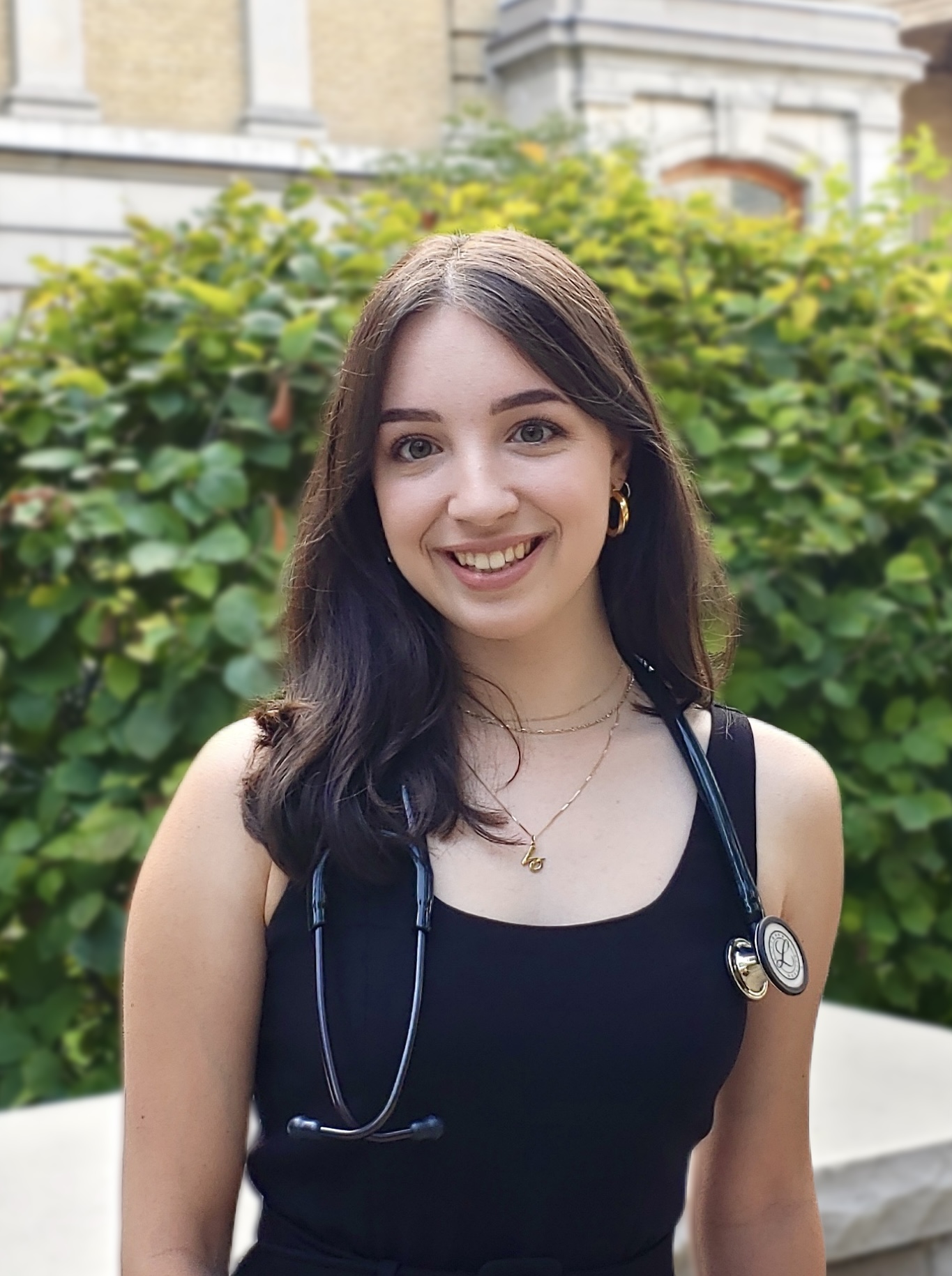
Hello, bonjour! My name is Gabrielle (she/her), and I am running to be your next CFMS Ontario Regional Director (ORD)!
I firmly believe in the power of uplifting the voices of Ontario medical students. Your passions, desire for learner wellness, and visions for healthcare reform should be heard at the CFMS – I want to advocate for YOUR priorities.
Stemming from my passion for advocacy, I have endeavoured to enact change with the Ontario Medical Students Association (OMSA) this year—I lobbied for access to timely, comprehensive, and trauma-informed mental health care during the 2024 Day of Action, while also spearheading a panel event to provide learners with tools to navigate safe opioid prescribing. I have additionally participated in grassroots activism in menstrual equity and reproductive health, as well as engaged in several other student leadership initiatives.
In conversations with current ORDs, VP Externals, and learners across the province, I have come to understand key priorities for Ontario medical students and the CFMS. My platform focuses on meeting the unique needs of learners in this province.
Goal 1: Striving for equitable representation of ALL medical schools in Ontario
Because of the diversity of medical students spanning a large geographical area in Ontario, the full CFMS experience may not be accessible to some schools. A plan to represent ALL schools across the province is key.
- Ensuring that in-person CFMS events occur at each medical school, not just those located in major metropolitan areas
- Offering further resources, opportunities, and representation for francophone medical students across the province
- Providing representation and advocating for student-centric policies at up-and-coming schools, including the Toronto Metropolitan University School of Medicine
Goal 2: Increasing reach to medical students
Thanks to previous ORDs’ efforts, the CFMS has strong relationships with student leaders. I aim to improve relationships with everyday medical students who are not representatives on student governments.
- Continuing existing and developing further in-person events, to create the feeling of a tangible CFMS
- Providing easy-to-read materials summarizing CFMS projects, to encourage participation from medical students
Goal 3: Leveraging collaboration to support long-term operations
The best projects are those that have continuity and undergo iterative improvements. Collaboration and learning from one another are paramount for long-term impact.
- Improving year-to-year transition processes between ORDs, to avoid knowledge losses
- Streamlining collaboration with OMSA, to ensure projects deferred to the provincial level maintain momentum
- Strengthening relationships with non-Ontario Regional Directors, to share best practices and provide support
I am committed to empowering your voices as Ontario medical students. Thank you for your consideration!

Over the last year, I had the honor of serving as VP External for our Aesculapian Society. This gave me the opportunity to collaborate with other student leaders to facilitate each other’s growth and development. As the Ontario Regional Director, I would love to strengthen the CFMS’ ability to connect medical students and drive meaningful change. Some of my platform points are as follows:
- Still streamlining Communication: The Representatives Roundtable is a conduit for VP Externals to exchange ideas and discuss about happenings at their school. However, this only occurs once every 6 weeks. To address issues in a more timely manner, I suggest normalizing the use of group chats and a communication line to the ORD so that the CFMS can respond more rapidly to emergent issues.
- MedSoc and OMSA Collaboration: New innovations and policies often start at a local level. The ORDs currently receive reports on each school’s medical society’s (MedSoc) happenings by VP Externals but their abilities to provide insight or solutions are limited. In fact, most MedSoc members are unaware of the CFMS and its benefits for Canadian Medical Students. As ORD, I want to promote an integration to MedSocs, for example, by attending certain meetings or having a CFMS Day to engage with student leaders at different medical schools.
- Securing more for Ontario: I want to ensure that Ontario medical students are heard in the broader Canadian context. Longitudinal advocacy initiatives and positions should have the interests of Ontario students in mind. I also want to work with other regional directors to facilitate national collaboration on pertinent issues, such as new medical schools opening, revamping admissions criteria, and curriculum changes.
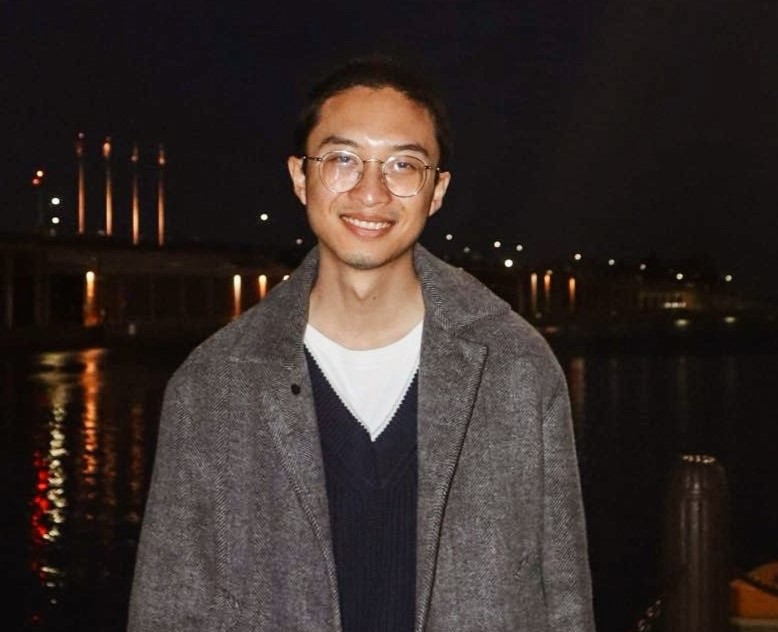
Hello everyone, my name is Dean Chiong and I’m currently a second-year student at Western University.
I’m excited to announce my candidacy for the role of Ontario Regional Director! Throughout my undergraduate medical journey, I’ve had the privilege of being involved with both the CFMS and OMSA through various capacities, serving across many portfolios including Finance, Student Affairs, Global Health, and Education. It is through my involvement with these two key student organizations that informed my decision to run. With Ontario comprising a large percentage of Canadian medical students, I aim to use my role and work in close collaboration with the OMSA in order to represent and support Ontario medical student voices.
My vision for Ontario Regional Director is as follows:
-
Promoting proportional CFMS representation across all Ontario schools
- I will work closely with medical student societies across the province to identify barriers to CFMS participation, ensuring that students from all regions of Ontario – including those in satellite campuses – feel empowered to get involved with our organization.
-
Supporting cross-school collaboration, namely the assessment of feasibility of the Ontario
Medical Student Weekend (OMSW)
- With the conference’s unfortunate cancellation this past year, I hope to collaborate with the OMSA and medical student societies to relaunch a reimagining of this initiative in order to create for Ontario medical students to connect and network with each other and key healthcare professionals.
-
Continuing to build-upon this year’s inaugural “CFMS Orientation Presentations,” ensuring that
this initiative remains robust for years to come
- Gathering feedback and insight from students, medical student societies, the OMSA and past regional directors is key to enhancing and fine-tuning the delivery and execution of these visiting tours.
.png)
Hello! My name is Justin, and I am deeply honoured and excited to run for one of your CFMS’ Ontario Regional Directors (ORD). I aim to build upon progress made by Sonu and Zwetlana and fulfill the ORD’s overarching role to connect, support, and represent Ontario’s medical students and schools. My platform—informed by consultations with students and leaders across the province—achieves these objectives through the following:
1. Fostering direct CFMS engagement with medical students
- Prioritize in-person travel and presence by hosting drop-in CFMS town halls for students to ask questions, promoting CFMS and its resources at interest group fairs, and continuing Orientation Tours
- Improve CFMS committee engagement and onboarding so students feel more involved and empowered
- Advertise events, opportunities, and available resources such as the Travel Equity Fund in advance so students, including first-years, have early exposure to CFMS
2. Establishing frequent & intimate connections to MedSocs
- Collaborate on concrete initiatives (e.g. Visiting Electives housing) with MedSoc leaders and CFMS Directors that address medical students’ needs, leveraging the allocated ORD budget
- Attend MedSoc meetings to engage other MedSoc leaders and support local projects
- Advocate for open, drop-in discussion at CFMS board meetings to advance transparency among MedSocs, Presidents, and students
- Enable clear communication channels by continuing ad-hoc Ontario Presidents’ and Regional Round Table meetings
3. Facilitate bidirectional communication and support with CFMS and OMSA
- Improve knowledge/resource sharing and advocacy power across all regions of Canada as a liaison between RDs and OMSA
- Strengthen regional cross-collaboration and networking between CFMS and OMSA
My ultimate endeavour is to cultivate a close, productive relationship with my fellow ORD and compellingly represent CFMS and the diverse body of medical students in Ontario. Thank you for your time and consideration!
Warm wishes,
Justin Phung

Dear Ontario Medical Students,
As a CFMS and OMSA veteran of two years, I am thrilled to represent you as your Ontario Regional Director (ORD). Rooted in practicality, inclusivity, and passion to make a difference, my platform is centered around three key pillars: Connect, Support, and Represent.
Connect:
Building stronger connections within our medical community is essential for fostering collaboration and amplifying our collective voice. I will implement a comprehensive plan to enhance communication and direct engagement with MedSocs from each school- including regular check-ins and hosting CFMS Town Halls for students. By establishing regular channels of dialogue and fostering deeper connections with MedSocs, including TMU, I will ensure that the voices and concerns of every medical student are not just heard, but addressed effectively.
Support:
I am committed to forging a stronger community among Ontarian medical students. To increase our on-campus presence, alongside in-person CFMS Orientation, I will spearhead initiatives to increase our visibility and presence at individual school events. I am committed to leveraging the current OMSA and CFMS relationship to create more inter-organization larger-scale events, directly benefitting students. Projects will be evaluated for their impact and success and student feedback will be incorporated into future initiatives.
Represent:
I will be your voice on the provincial and national stage. I will work to strengthen collaboration between CFMS and OMAI. This will include co-hosting events, introducing OMAI representatives to MedSocs, and organizing collaborative workshops. By forging strategic partnerships and advocating for policy changes, I will ensure that the needs of Ontario medical students are prioritized and addressed at every level.
With a track record of leadership, a passion for advocacy, and a commitment to serving your needs, I am ready to be your voice and partner in shaping the future of medical education in Ontario.
Vote Kanwarpreet as your ORD!
Western Regional Director
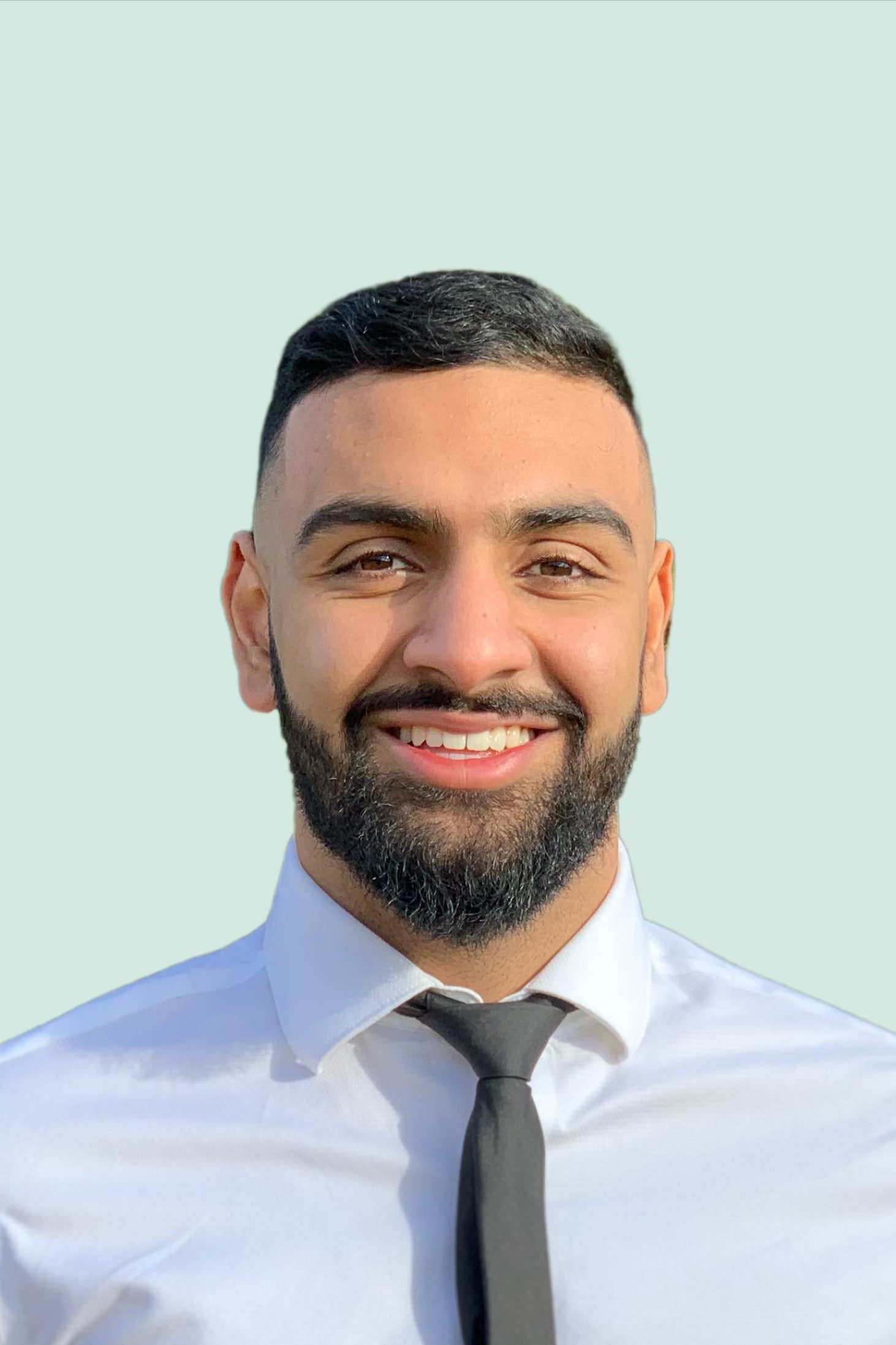
Background on Candidate
My name is Ajay Sidhu (he/him) and I am a student at the University of Alberta. I have served as VP External on the MSA for UofA through which I have built relationships and have experience with the CFMS. This has given me an understanding of the organization, the work they do, pertinent action topics, and areas for improvement.
Improve Collaboration and Communication in Western Region
Improving communication between the Western Region schools was the first future direction reported from past WRDs. I would lead frequent, focused round tables between the schools to build connections and allow for greater information sharing and collaboration. I may continue to build on a Western Schools Conference if that is a cost-effective option.
Western Deans
Western Deans has been a successful conference in the past as a platform for collective advocacy and policy development impacting medical education. I plan to continue working on it as an integral part of the WRD portfolio. Ensuring that medical education is continuing to improve and focus on student wellbeing/mistreatment, EDI, and Indigenous health.
Streamlining Communication between CFMS and Western Region
Effective communication between CFMS and the Western Schools is a point of emphasis. I will advocate for the voices of western medical students to be amplified and represented in national discussions and decision-making processes. Historically, UofA was the most underrepresented school and utilized the CFMS the least. I changed this, and I would ensure the Western Region is involved with the CFMS and informed on the opportunities available to their students.
Conclusion
With my experience working with CFMS this past year, I have experience and direction to succeed in this role and build CFMS presence in the Western Region. My platform focuses on increasing communication, continuing to improve Western Deans, and advocating for the Western Region.
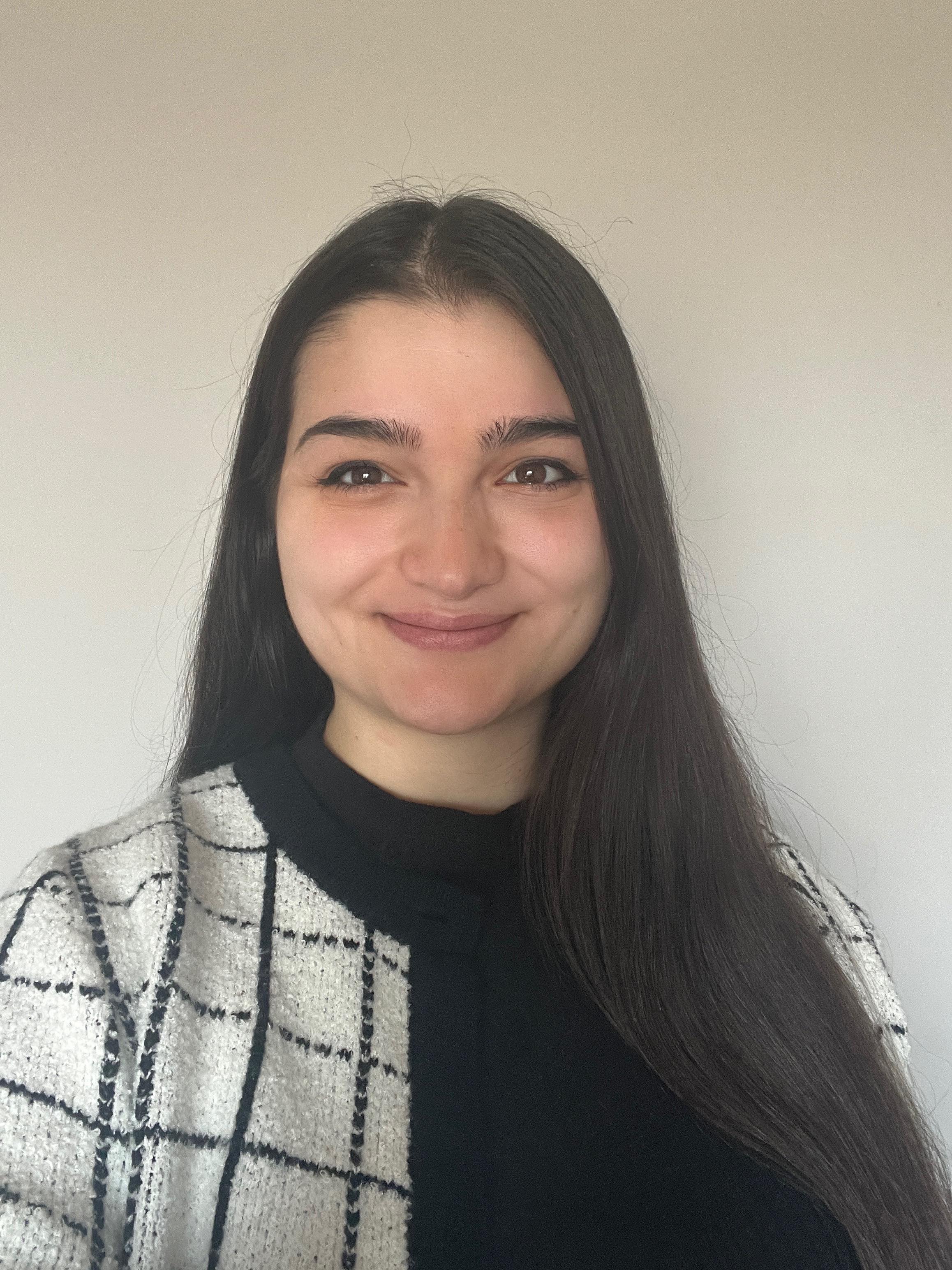
Dear CFMS Members,
I am Mimi Moustapha, an M2, and the out-going UofS MedSoc president. I am running for Western Regional Director, hoping to use the knowledge and leadership skills I have gained to further serve medical students in the western provinces. I hope to streamline information to help medical societies improve their governance and initiatives, as well as to support all western students. I am running because I am passionate about advocacy and improving our medical school experience!
If elected, I aim to:
-
Create a Western Dean’s Conference (WDC) Turnover Document:
The WDC is a huge opportunity for western medical students to advocate to our Colleges. Unfortunately, due to frequent medical society position turnovers, much work gets lost between years – ultimately making it difficult to hold Colleges accountable for enacting change. I will create a turn-over document for MedSocs that outlines the WDC planning process as well as past/in-progress discussions, as well as providing strategies into how to continue these discussions in the future. This past year, the WDC was held in Saskatoon, and so I was also heavily involved in the event-planning process. Thus, I believe I am uniquely able to provide insight into the event from both a planning and attendee’s perspective.
-
Hold Consistent Western Round Tables:
I plan to hold Western round tables (WRTs) every 6 weeks. The WRTs leading up to the WDC were a great source of information and idea exchange. However, the WDC was held in October, and following this, there was little opportunity for western medical schools to meet. Holding consistent WRTs throughout the year will give more opportunity to delve into western-specific issues that students and their MedSocs face.
Thank you, and please reach out if you have any questions!
Sincerely,
Mimi Moustapha
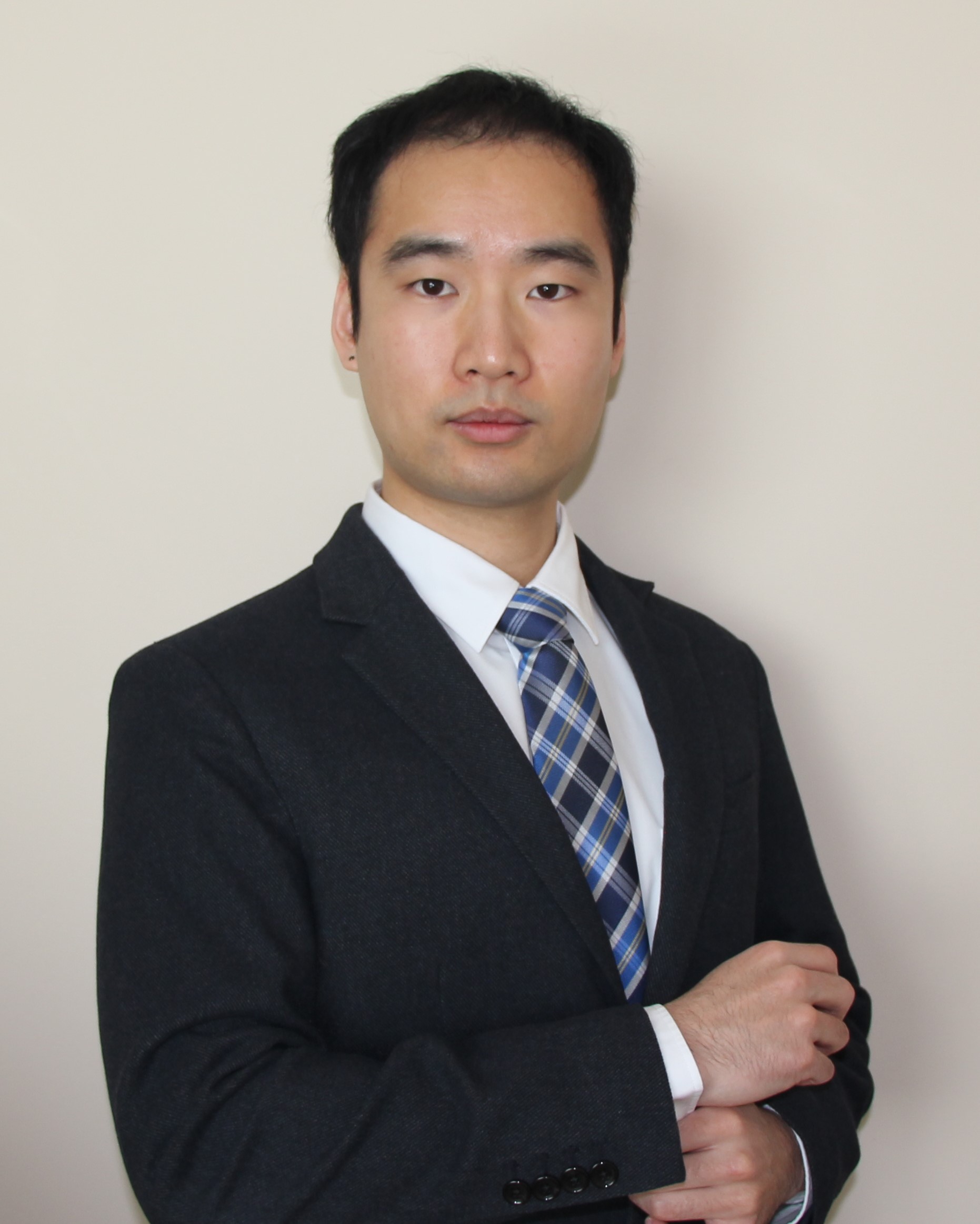
Sean Lam, B.Sc., B.Ed.
I look forward to applying my life experience and skills to student leadership – to better represent your needs, strengths, and future aspirations. Numerous experiences support my work, including several years of elementary and high school teaching; two terms of study abroad; as well as trials navigating various social, administrative, and educational systems.
I’ve faced many hurdles in life aside from having to apply to medical school six times – adversity growing up in a low-SES community; facing long-standing personal challenges at home; and leaving my life in Calgary to start anew in Vancouver are only a few.
We all struggle with something. The little bit that I’ve experienced has taught me that while we might not all understand each other perfectly, we can relate. I hope to relate to the worries and hopes that you have. Not only that, I will also go further by addressing them with the same foresight, consideration and proactivity that helped me improve my life.
Like many medical students, I immersed myself in extracurriculars. I learned to love what I do rather than make a show of it. Along the way, my favorite volunteer activities became teaching or mentorship-related and taught me about my cultural roots, forging meaningful relationships and community. I moved from volunteering in senior homes and hospitals to teaching and caring for children; mentoring youth; leading exam review sessions; and most recently, laying the groundwork for a language exchange community home to more than 1500 people.
Platform:
I am committed to engagement.
To connect with and learn about people, as well as inspire the leader in them. This means getting to know you, your representatives, and the specific contexts that you find and foresee yourself in.
My first commitment is to visit each site in-person at some point during the term (this includes distributed sites!) to connect with you and your representatives face-to-face.
I am committed to planning for our future.
I want to keep us informed. This includes identifying everchanging systems, milestones, and processes such as the transition from pre-clerkship to clerkship; elective selection; CaRMS; FMProC and MCCQE1/2; and bodies such as the CMA and Royal College that shape decisions affecting present and future medical students, residents, and physicians.
My second commitment is to work together with your representatives to distill and deliver what you need to know – in an accessible, simple form (audio and bilingual text incl.). This might look like an in-person info session delivered by me or your CFMS representatives.
Planning for our future is to ensure our leadership remains strong. In addition to informing students of leadership opportunities and encouraging participation…
My third commitment is to delineate the roles and responsibilities of student leadership bodies so that students know how they can lead.
I am committed to awareness and access.
We all have different needs. Whether it is navigating MBA/PhD/MPH programs; insurance; LOCs; car purchases; childcare; food scarcity; family planning; mental health; housing; or moving away from home, I hope to learn about them – because aside from helping me help you, this knowledge can help others important to me too.
My fourth commitment is to consistently respond to student needs, through surveying.
Finally, my last commitment consists of 150 mins of moderate-intensity exercise a week.
Thanks for reading,
Sean
My name is Tauqeer Iftikhar, and I am a first-year medical student at the University of Saskatchewan (class of 2027!). The decision to run for the role of Western Regional Director stems from my passion of being involved with student governance and creating a platform for which others can have their voice heard. I believe my past leadership and advocacy experiences make me an ideal candidate for this position.
My journey in student governance began when I took on the role of Vice-President Academic of the University of Saskatchewan Students' Union (USSU). I represented student needs during the COVID-19 pandemic, emphasizing collaboration and effective communication. During my first year of medical school, I actively participated in national, provincial, and medical days of action, demonstrating a proactive approach to advocacy. Furthermore, my passion for integrating AI research into medical education reflects my dedication to innovation, aiming to enhance how we learn and practice medicine.
If elected as Western Regional Director, I will leverage my experience to enhance communication and collaboration across Western medical schools, ensuring our unique challenges and perspectives are addressed in CFMS. I'm dedicated to attending med school society meetings to forge stronger connections between CFMS and Western medical societies. Additionally, my focus on wellness will be utilized in improving mental health and resilience programs.
I am grateful for the opportunity to be considered for this role. Thank you.

Introduction
Hi all! My name is Amy, and I am a third-year MD-PhD student at UBC. Having grown up in BC, I bring a deep understanding of the challenges and opportunities faced by medical students in the Western provinces. My experience in student governance and community building positions me uniquely to advocate effectively for our needs and aspirations.
Relevant Experience
Throughout my time at UBC, I have held pivotal roles, including as the Faculty of Medicine Student Representative in the UBC Senate and Vice President Social for the Medical Student Undergraduate Society. I also built communities as President of the UBC Med Hiking Club, mentorship group coordinator at the UBC Life Sciences Circle, and support group coordinator with the Oncology Interest Group. Additionally, I advocated for increased residency positions and improved healthcare services with the Medicine Day of Action Task Force. These experiences have equipped me with a deep understanding of the challenges facing medical students, and the ability to navigate and influence political and healthcare landscapes.
Strategic Vision and Goals
- Strengthening Communication and Collaboration: I aim to better integrate activities and projects across Western medical schools by establishing open communication for activity leaders.
- Driving Regional Initiatives: I will actively seek student input to develop and implement new, engaging, student-centered initiatives, especially on healthcare policies which uniquely impact us in BC and Alberta.
- Promoting Inclusivity and Support: Recognizing the diverse backgrounds of our student population, I aim to promote inclusivity by creating opportunities for underrepresented students and ensuring that our programs and policies reflect the values of equity and diversity.
Conclusion
As your Western Regional Director, I am committed to being an approachable and proactive leader, dedicated to enhancing the medical student experience in our region. Vote for Amy—a leader dedicated to turning our collective vision into action!

As Western Regional Director, I am committed to acting as a liaison between the Western Region medical students and the CFMS Board. I will work closely with the Medical Society Presidents and Class Representatives at the various Western medical schools to discuss matters that are important to them in order to enhance collaboration and engagement in the Western Region. My platform promises are as follows:
1. Eliciting student perspectives through in-person Town Hall Meetings
- I will commit to visiting each Western Region’s medical school in-person and meet with leaders in their Medical Society to discuss matters pertinent to their student’s professional success and well-being.
2. Advocate for students’ wellness and EDI concerns to the Western Deans Conference
- I will commit to advocating for the wellness of our students and concerns that are brought to me through Town Hall Meetings.
3. Represent the Western Regional Students to the CFMS Board
- My goal is to continue to bring attention to the perspectives of our Western medical students to the CFMS Board and ensure their voices are heard.
I currently hold the position of incoming VP of Community Engagement within the Medical Students’ Association at the University of Alberta. In my capacity as VP of Community Engagement, I have the unique opportunity to elicit the concerns of the medical student body and liaise with faculty members, community members, and stakeholders to address the dynamically changing needs of medical students.
My experiences will serve well in fostering a deeper understanding of Western medical students’ needs, which I hope to bring forth to my role as Western Regional Director. I am committed to listening to the voices of medical students and championing these key initiatives to advocate for the unique perspectives and promote wellness amongst medica

Hi there! I'm Cindy, a University of Alberta medical student and I'm thrilled to run for the positions of Western Regional Director and Director of Education at CFMS.
I've been on quite the academic adventure, from completing my bachelor’s in health sciences at McMaster University, to my master’s in public health at University of Toronto, I've got a solid foundation to bring to the table.
My journey in the professional world has been fun. Whether I'm working with public health agencies, guiding students as a residence advisor, or leading discussions as a teaching assistant, I've been lucky enough to wear many hats that have shaped me into the candidate I am today.
When I'm not buried in school, you can find me rowing with friends, swimming, or lending a hand at food banks. I believe in the power of community and giving back whenever I can.
If given the chance to serve as Western Regional Director and Director of Education, I want to create an environment where passion thrives, and where future medical professionals are equipped with the skills, they need to make a real difference.
So, there you have it, I'm excited about the opportunity to bring fresh ideas and energy to CFMS, and I hope you'll consider giving me your vote.
Warm regards,
Cindy Zhang
Hello everyone! My name is Henry and I am excited to run for the CFMS’ Western Regional Director for the 2024-25 term. I’m currently an MD/MSc student at the University of Alberta with extensive experience in student governance, student advocacy and project management. With 10+ publications and a recipient of several awards and grants, I’ve demonstrated proficiency in meeting project deadlines, managing competing objectives, and obtaining productive results. I believe that I can help catalyze change for current medical students’ wellbeing as well as improve connection and collaboration in the Western Region. Here are the key points of my platform:
-
Improving CFMS engagement with Western Region medical students
- Attend orientation tours and provide presentations to increase students’ knowledge about the CFMS.
- Provide opportunities for Western Region medical students to get involved with CFMS, such as providing appropriate onboarding training and providing summaries of different CFMS initiatives.
- Seek creative partnerships with AMA, SMA, Doctors of BC, Doctors Manitoba and external partners to host a Western Medical Student Conference/Retreat.
-
Improving CFMS engagement with Western Region medical school associations
- Host more ad-hoc/roundtable meetings amongst Western Region’s MSA executives to allow for relevant and timely concerns to be discussed; in addition to fostering a more intimate connection between CFMS and Western Region MSAs.
- Meet with each Western Region medical society at least once per year in addition to hosting an officer hour every 2 weeks.
-
Improving wellness support services for students
- Work with UME to create a better reporting process for student mistreatment & ensuring adequate follow-ups are made as well.
- Work with AFMC to lower portal fees, standardize elective fees & provide timely responses regarding elective registrations.
Thank you so much for considering me for this position!
Sincerely,
Henry

My vision as Western Regional Director has one main objective: to unify the Western provinces by creating a Western Canada Medical Students Association (WCMSA).
This past year, I attended the National Day of Action (NDoA) and the Canadian Medical Student Conference (CMSC) where I greatly appreciated the chance to network and connect with other medical schools. These experiences made me wonder why there aren’t more similar events in western Canada. As a student at UAlberta, I have noticed a shortage of collaborative efforts between Western Canadian medical schools, especially compared to other regional medical students’ associations such as the OMSA (for Ontario) and CAMSA (for Atlantic schools). For instance, OMSA has successfully provided networking opportunities, shared resources, and increased advocacy power to students in Ontario. Replicating that success within the western medical schools (UManitoba, USask, UAlberta, UCalgary, UBC, SFU) won’t be easy and will be a multi-step initiative, and it begins with laying the foundations through the following:
- Collaborating with OMSA/CAMSA to learn how they operate and how we can apply their experiences to create our own students’ association.
- Regularly meeting with VP Externalsto get feedback on their perspectives and involve them in forming this organization.
- Using the Western Dean’s meeting to advocate for increased collaborative efforts.
- Increasing engagement through organizing in-person recruitment meetings.
- Engaging with sponsors to reduce the geographical and financial barriers to interprovincial travel (Flair, WestJet).
Ultimately, I want to add the creation of a WCSA to the portfolio of the WRDs. I envision a WCSA that organizes conferences and events where medical students, and faculty can exchange ideas and learn from each other. Geographical and financial barriers are reduced so students are encouraged to broaden their horizons beyond their medical schools and engage in opportunities in different provinces.

